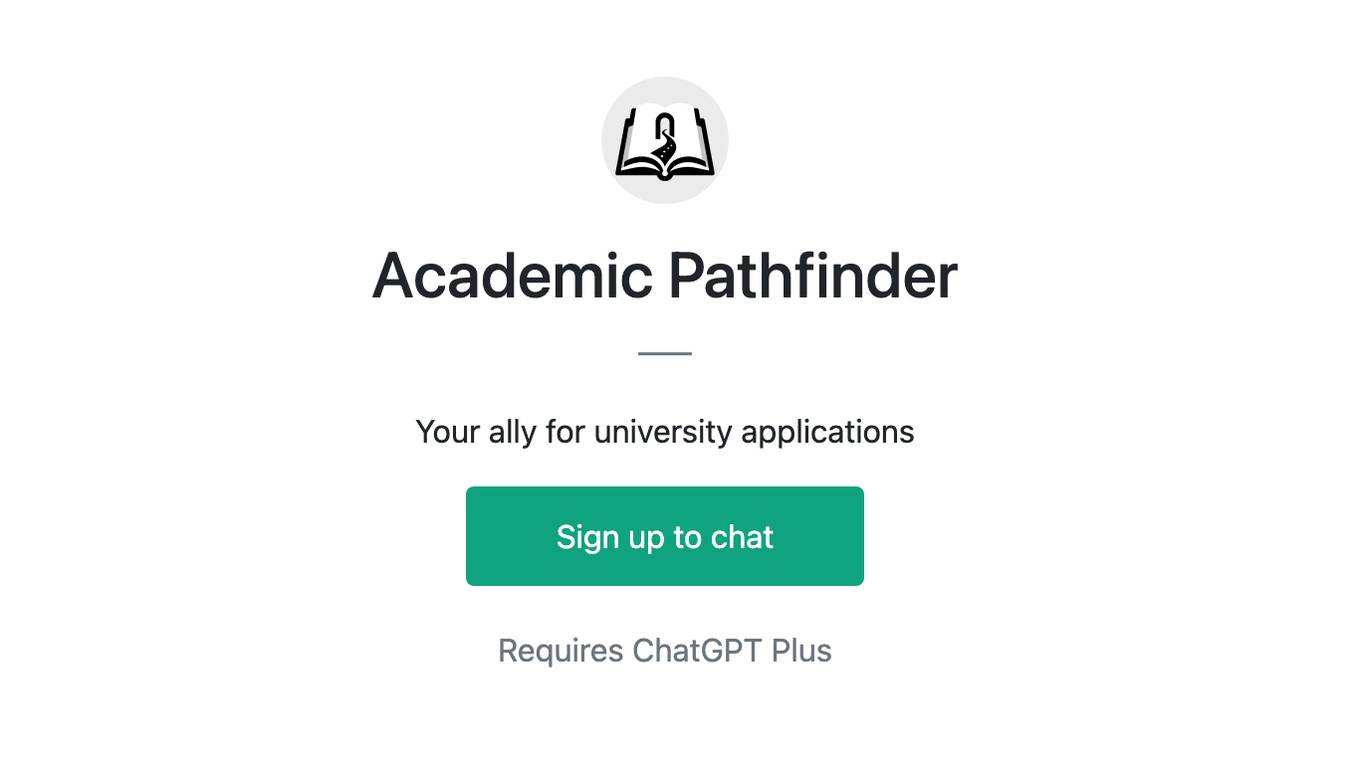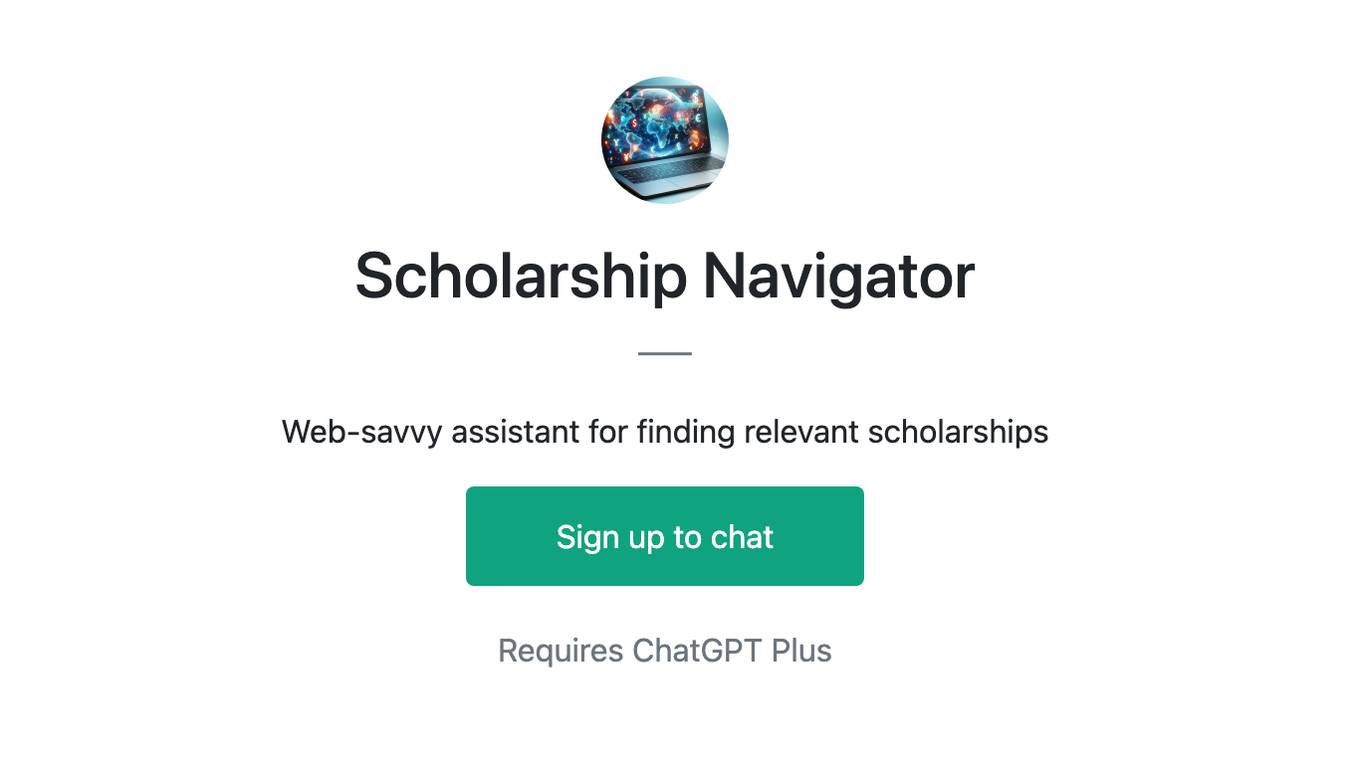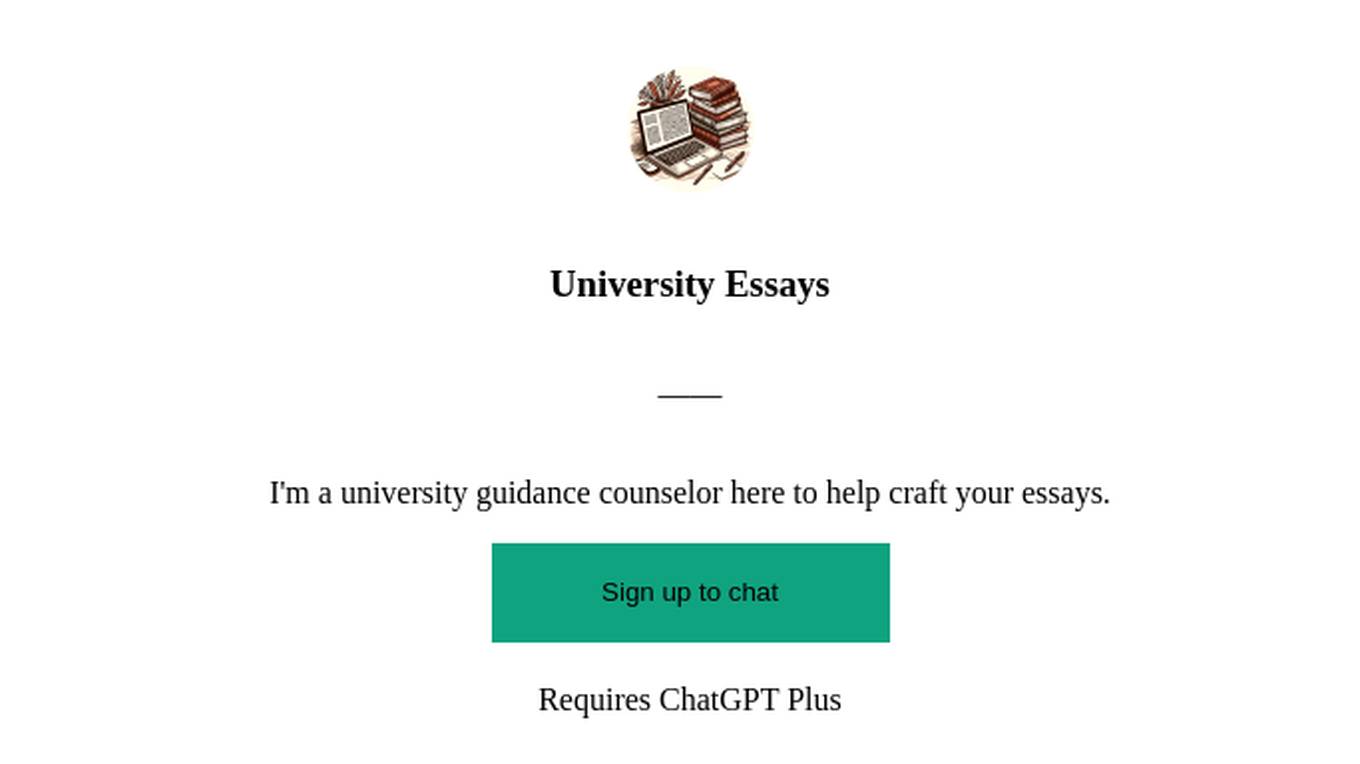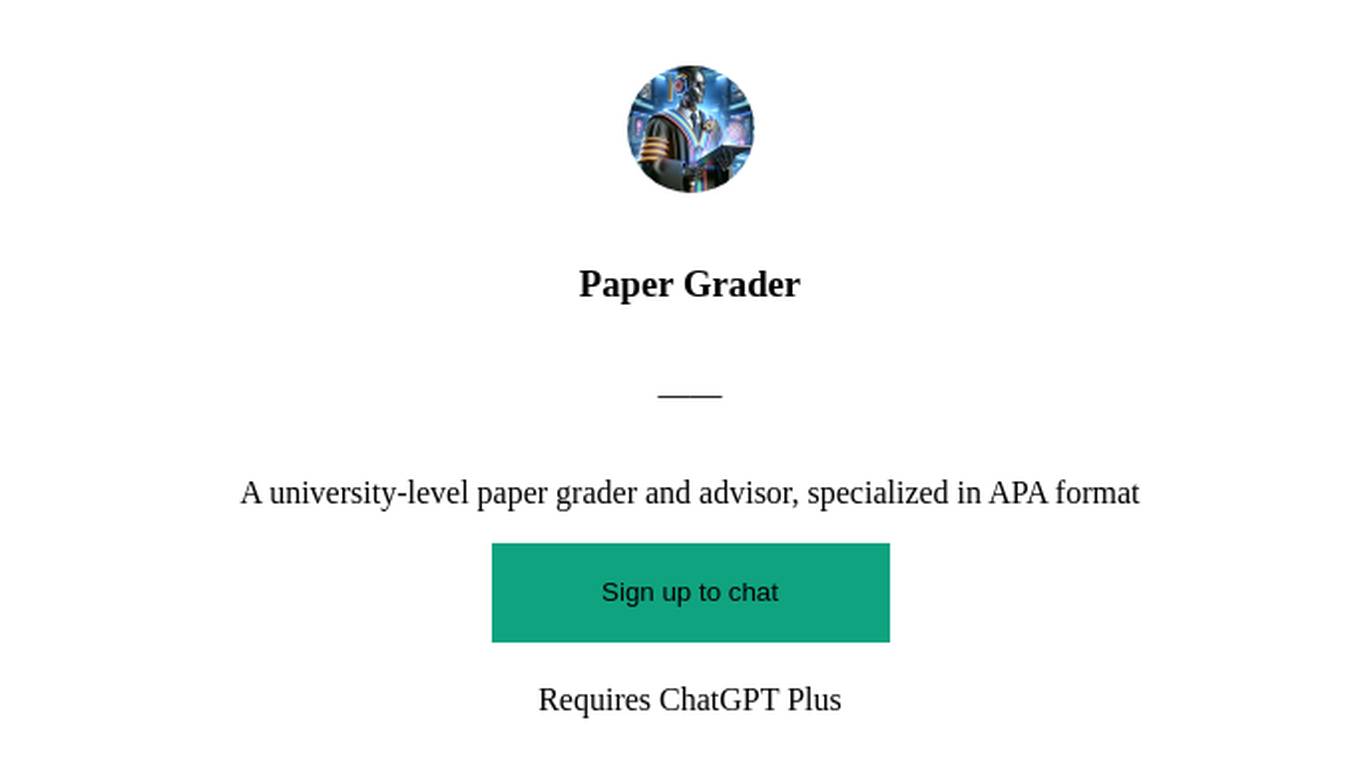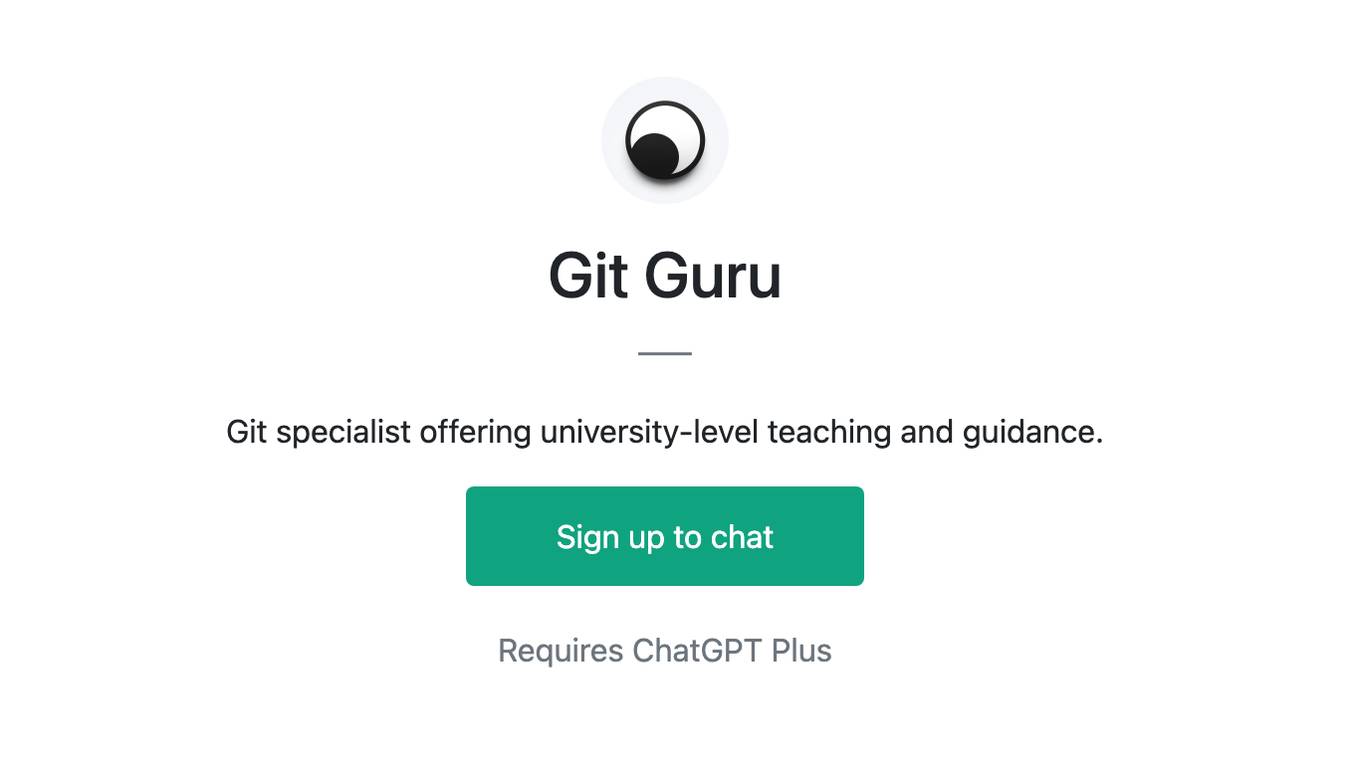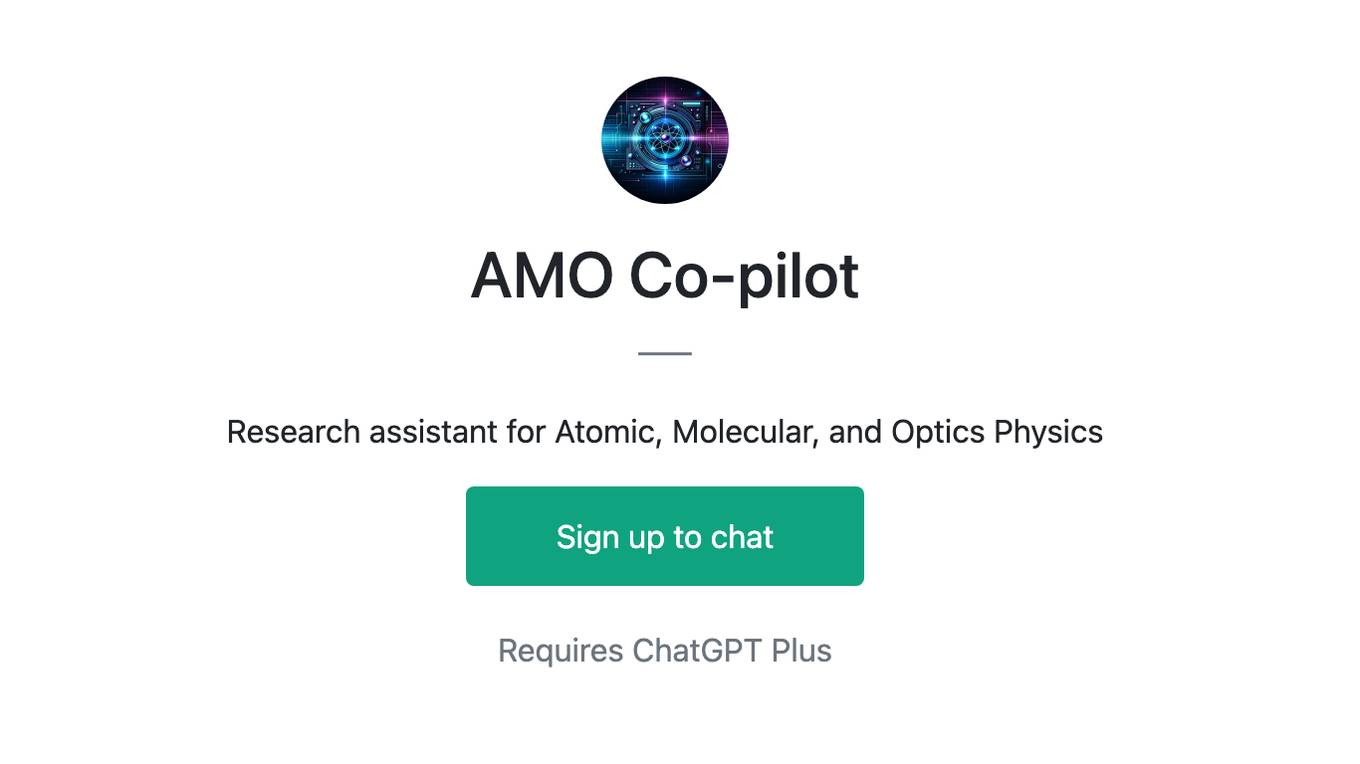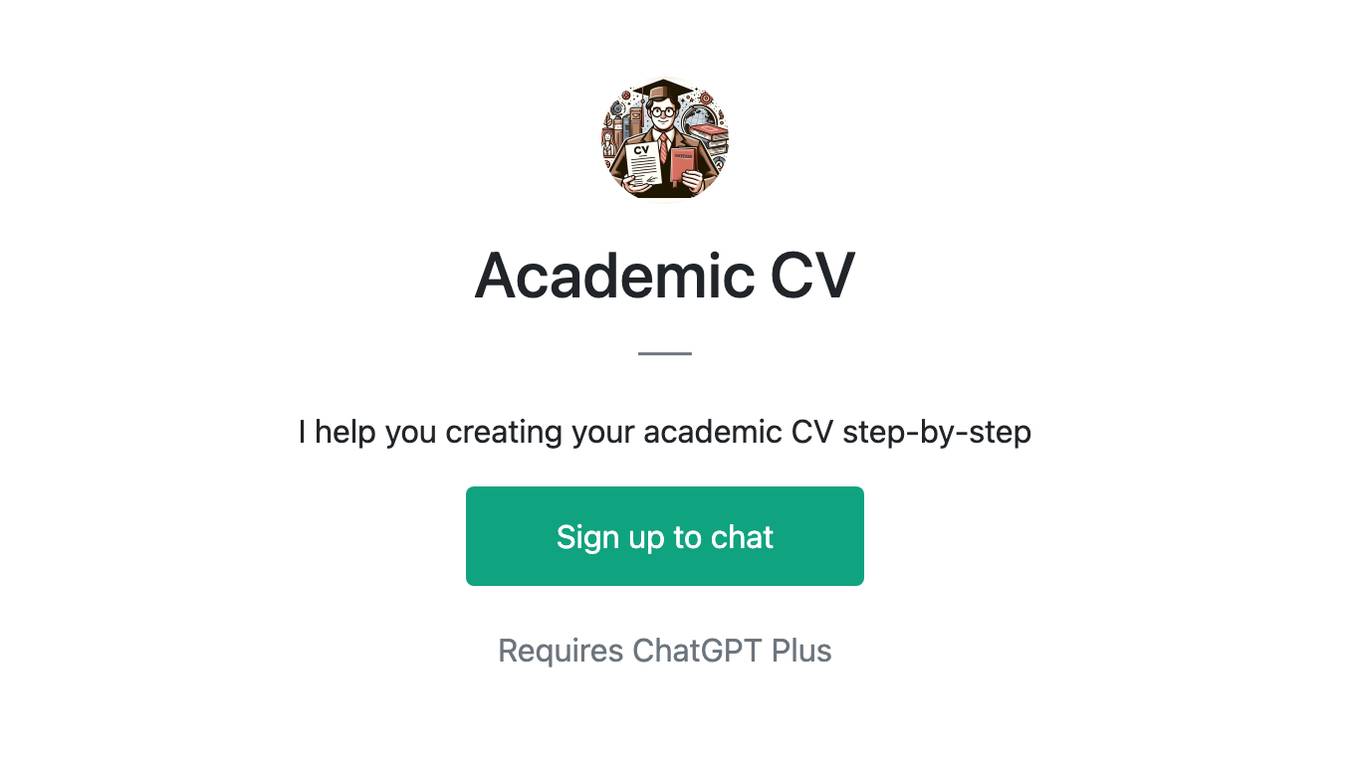Best AI tools for< University Admissions Counselor >
Infographic
20 - AI tool Sites
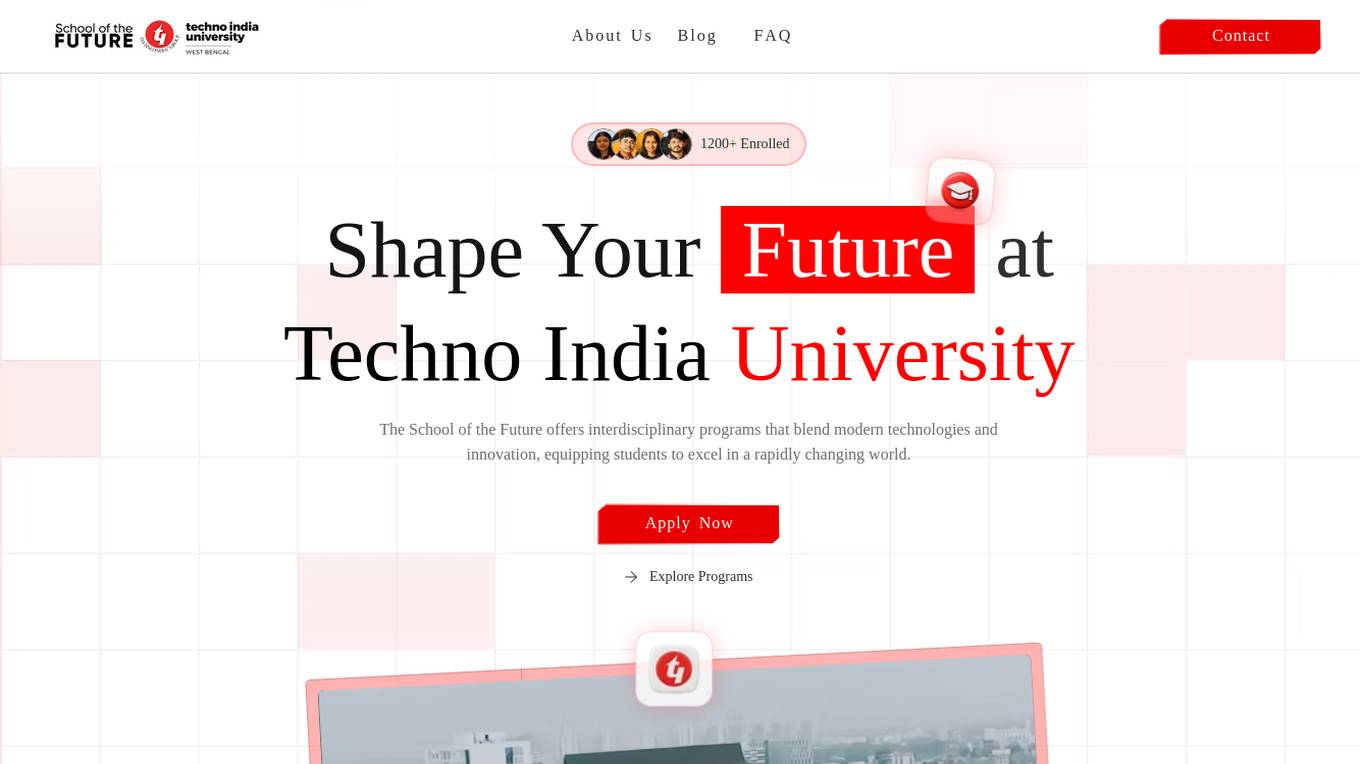
Techno India University
Techno India University offers future-ready courses powered by Google and IBM, focusing on interdisciplinary programs that blend modern technologies and innovation. The School of the Future equips students with industry exposure, practical experience, and skills in Artificial Intelligence, Data Science, Cloud Computing, Business Analytics, Design, Healthcare, and Emerging Technologies.
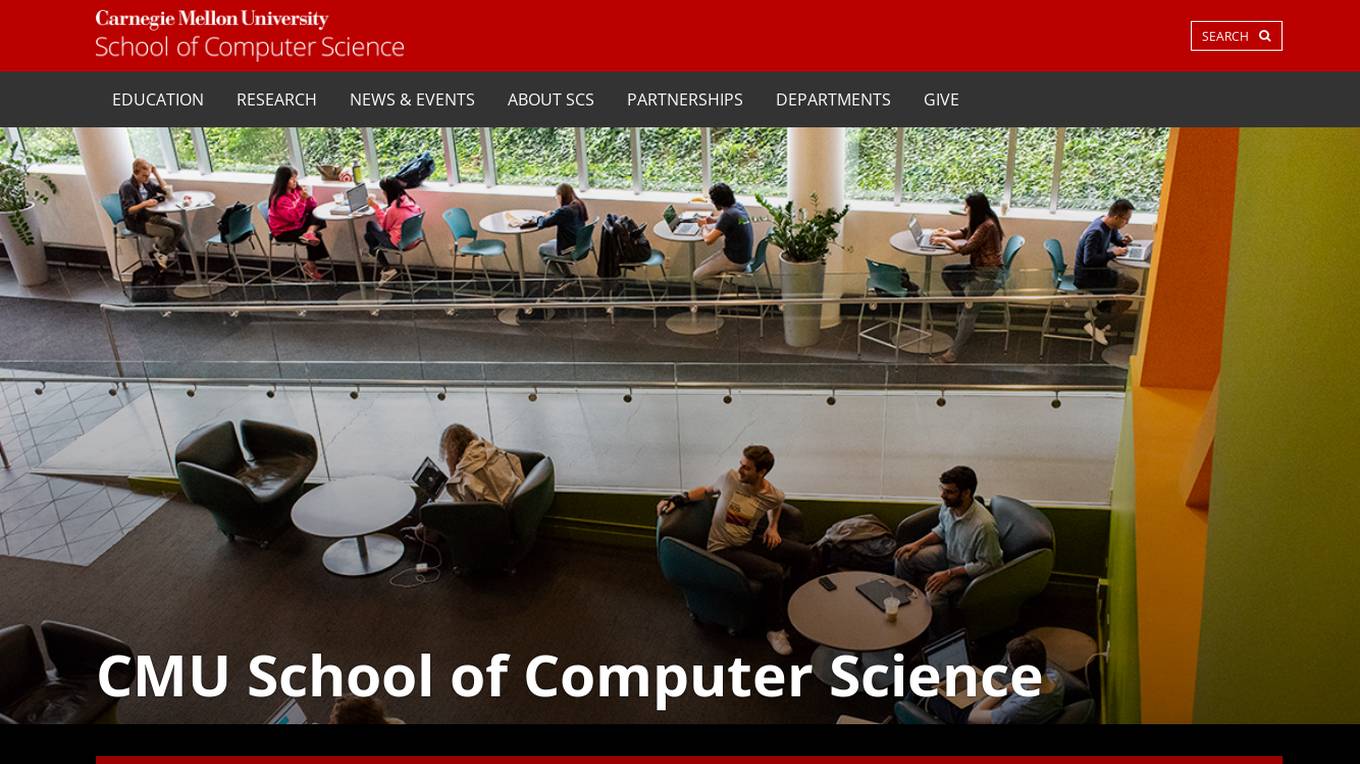
Carnegie Mellon University School of Computer Science
Carnegie Mellon University's School of Computer Science (SCS) is a world-renowned institution dedicated to advancing the field of computer science and training the next generation of innovators. With a rich history of groundbreaking research and a commitment to excellence in education, SCS offers a comprehensive range of programs, from undergraduate to doctoral levels, covering various specializations within computer science. The school's faculty are leading experts in their respective fields, actively engaged in cutting-edge research and collaborating with industry partners to solve real-world problems. SCS graduates are highly sought after by top companies and organizations worldwide, recognized for their exceptional skills and ability to drive innovation.
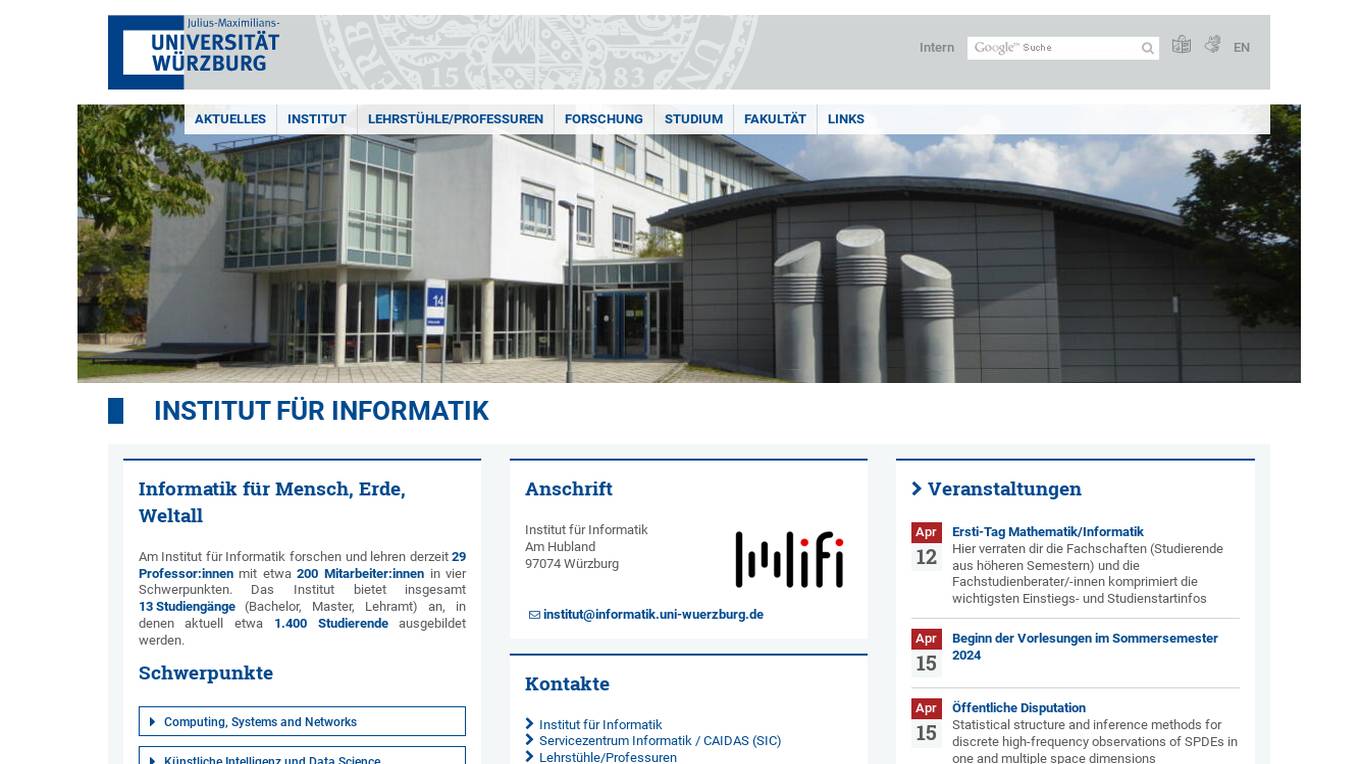
Institute of Computer Science, University of Würzburg
The Institute of Computer Science at the University of Würzburg is a leading research and teaching institution in the field of computer science. With 29 professors and around 200 employees, the institute offers a wide range of study programs, including bachelor's, master's, and teaching degrees. The institute's research focuses on four main areas: Computing, Systems and Networks; Artificial Intelligence and Data Science; Human-Centered Computing; and Aerospace and Robotics.
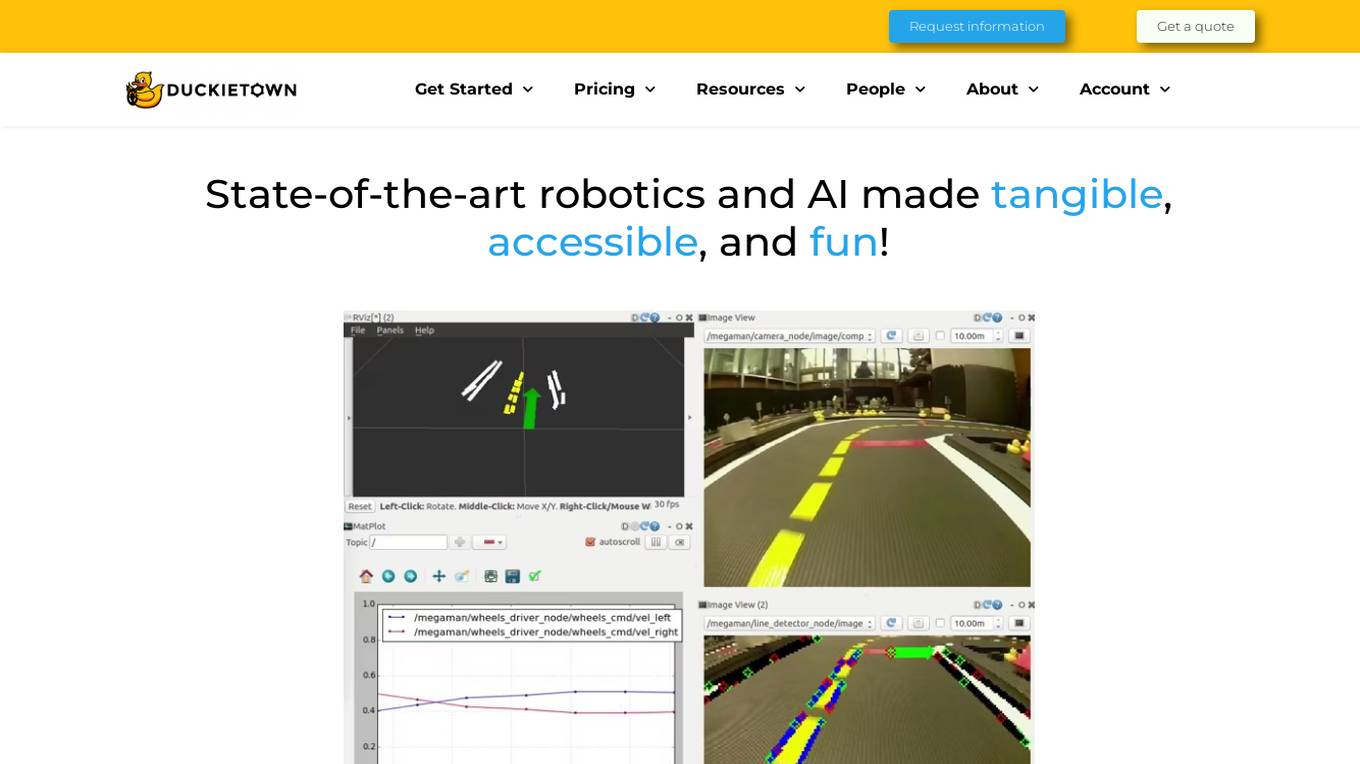
Duckietown
Duckietown is a platform for delivering cutting-edge robotics and AI learning experiences. It offers teaching resources to instructors, hands-on activities to learners, an accessible research platform to researchers, and a state-of-the-art ecosystem for professional training. Duckietown's mission is to make robotics and AI education state-of-the-art, hands-on, and accessible to all.

Slot Scatter Hitam
Slot Scatter Hitam is an online platform that offers a high Return to Player (RTP) experience, especially in the Mahjong Ways game. It provides players with the opportunity to achieve big wins by obtaining the rare black scatter symbol. The platform collaborates with major providers to enhance gameplay and increase jackpot chances. Players can benefit from game pattern hints, bonuses, and promotions, making their gaming sessions more enjoyable and rewarding. Slot Scatter Hitam aims to deliver a satisfying winning experience through strategic play and a bit of luck.
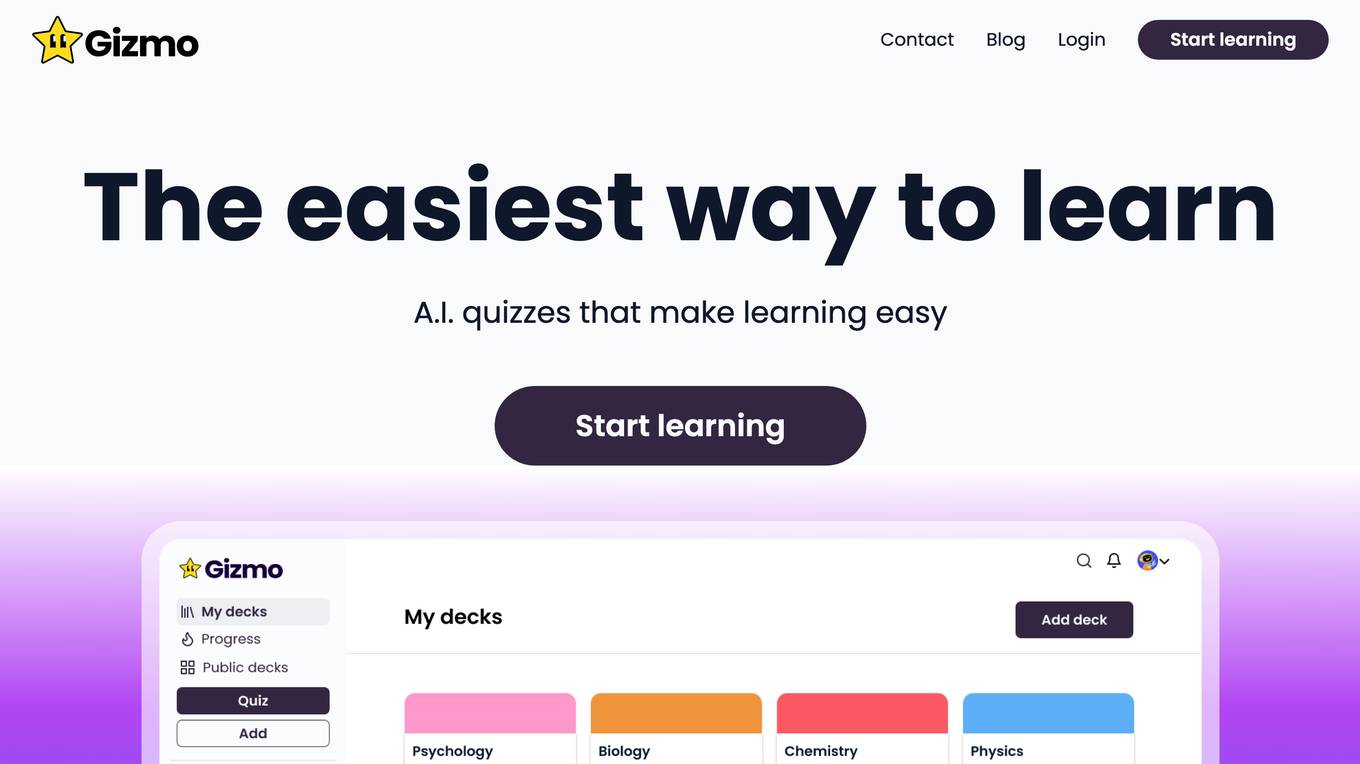
Gizmo
Gizmo is an AI-powered learning application designed to make studying easy and enjoyable for students of all levels. It offers A.I. quizzes that help users learn and retain information effectively. The app is created by Cambridge alumni and has gained popularity among students for its innovative approach to learning. With features like spaced repetition, active recall, and the ability to turn study materials into flashcards, Gizmo aims to enhance the learning experience and improve academic performance.
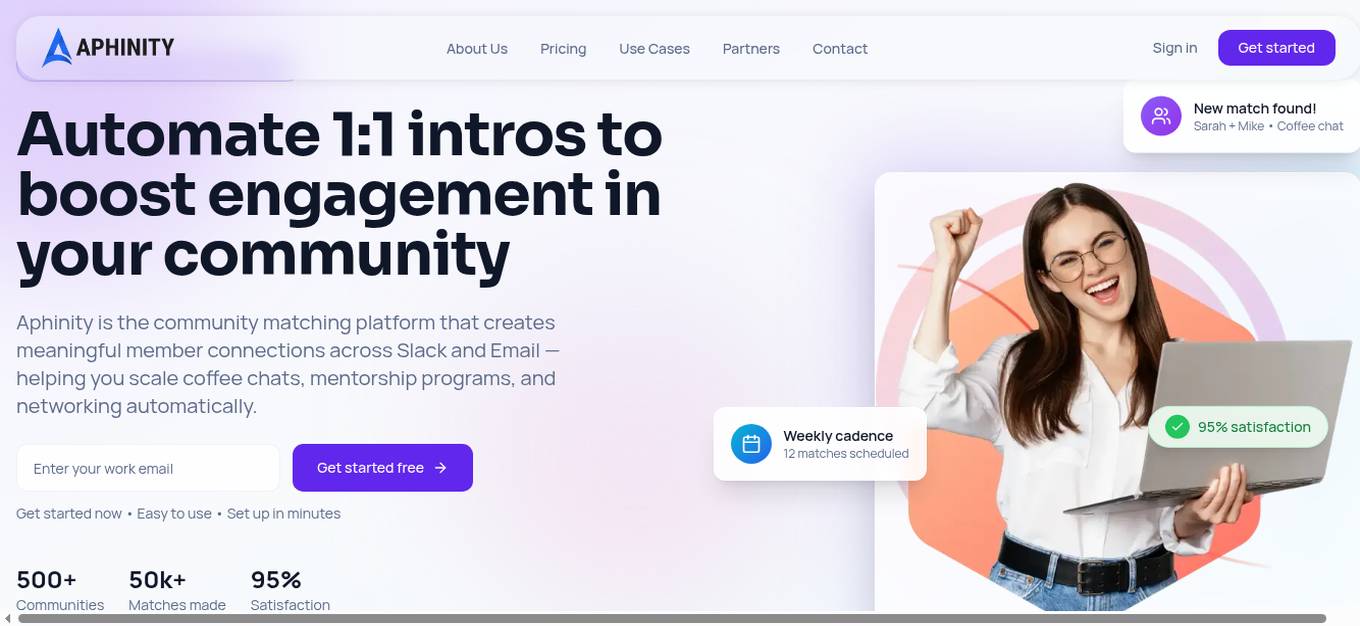
Aphinity
Aphinity is an AI-powered community matching platform that facilitates meaningful member connections across Slack and Email. It automates 1:1 intros to boost engagement in communities by scaling coffee chats, mentorship programs, and networking. The platform uses intelligent pairing based on goals and interests to create valuable connections. Aphinity's matching algorithm analyzes member profiles, goals, and preferences to spark genuine conversations, leading to lasting relationships. From automated coffee chats to mentorship programs, Aphinity provides tools for creating connections at scale.
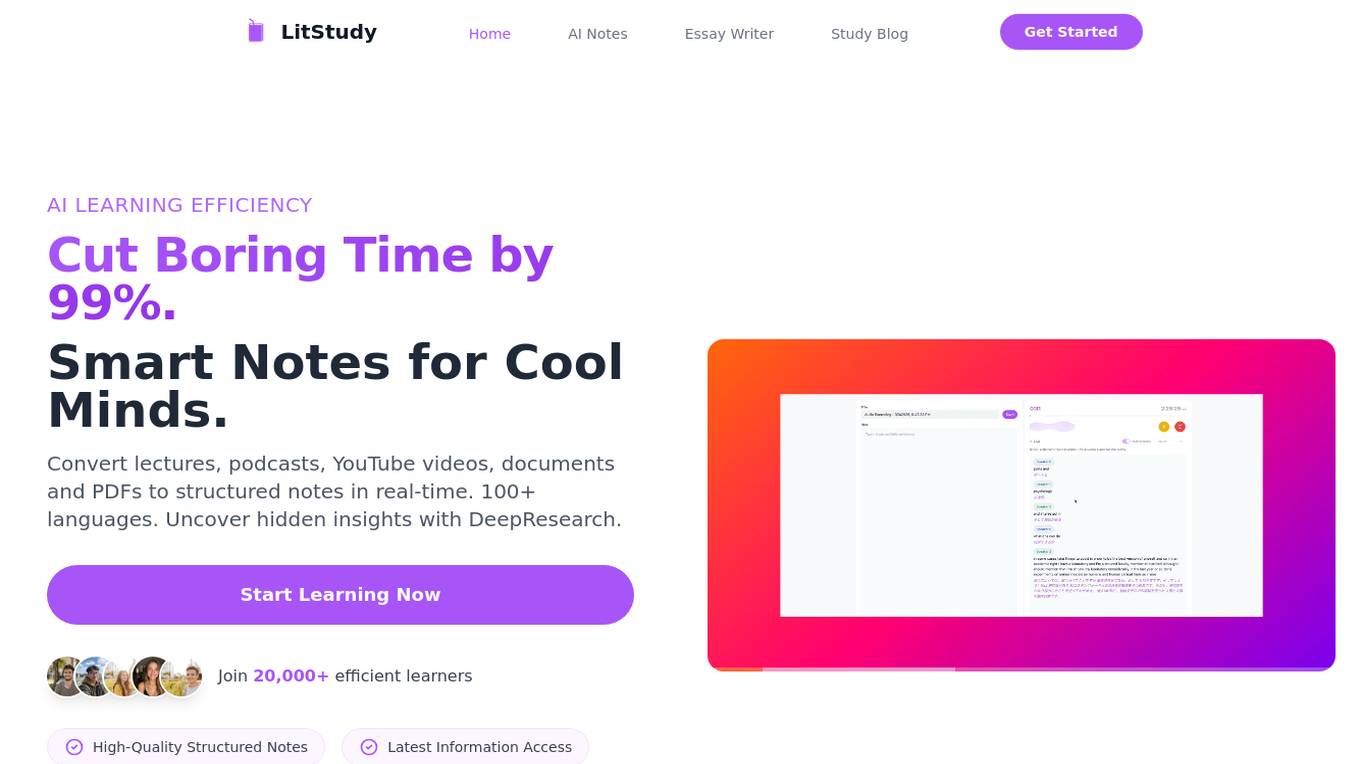
LitStudy
LitStudy is an AI study assistant designed to enhance learning efficiency for students. It offers features such as real-time audio note generation, converting various content types into structured notes, personalized quiz and flashcard generation, report writing, media upload support, web link processing, language translation, and more. LitStudy aims to help busy individuals learn effectively by providing AI-structured notes in minutes, saving time and optimizing learning between commitments.
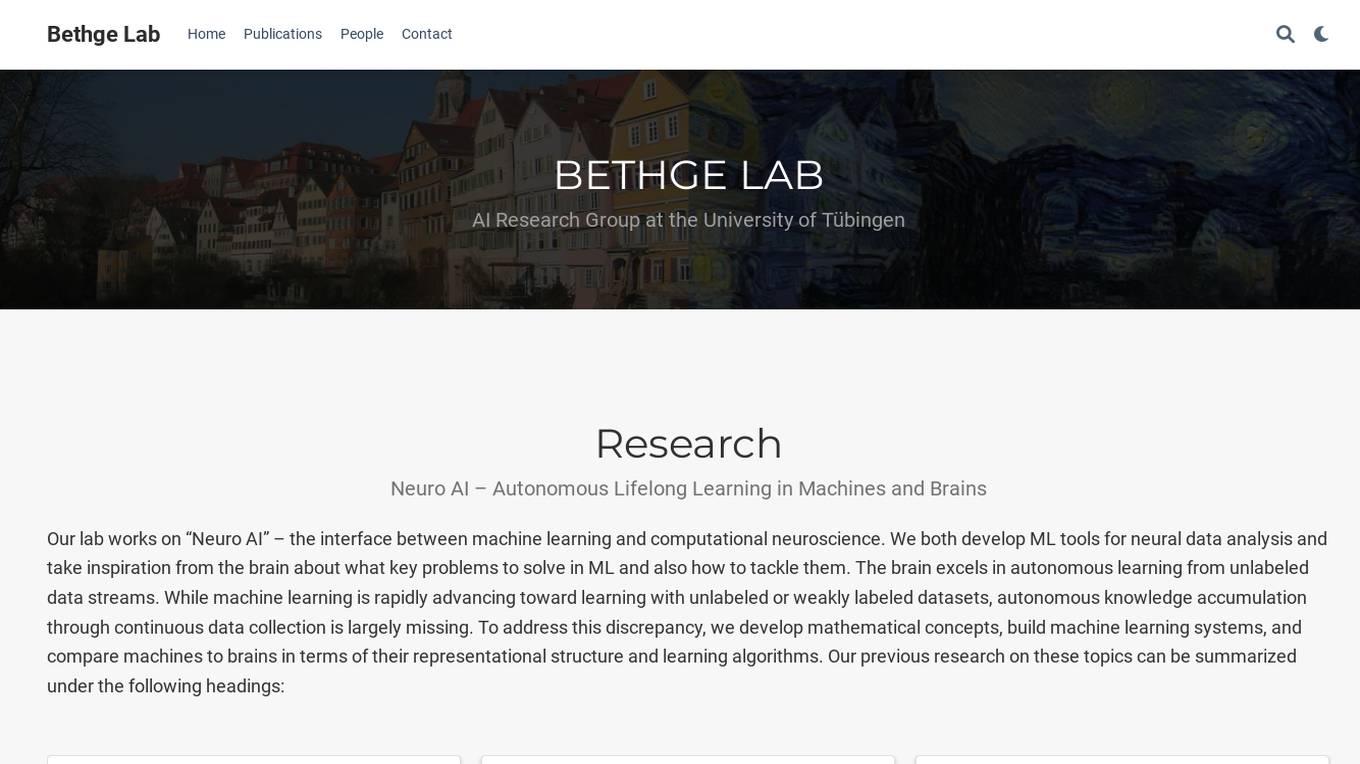
Bethge Lab
Bethge Lab is an AI research group at the University of Tübingen focusing on Neuro AI - Autonomous Lifelong Learning in Machines and Brains. They develop machine learning tools for neural data analysis and draw inspiration from the brain to address key problems in machine learning. Their research includes representation learning, probabilistic inference, generative modeling, behavioral data analysis, and neural data analysis. Additionally, they explore AI sciencepreneurship and collaborate with startups. Bethge Lab aims to advance the understanding of autonomous learning and develop economically feasible solutions for long-term human needs.
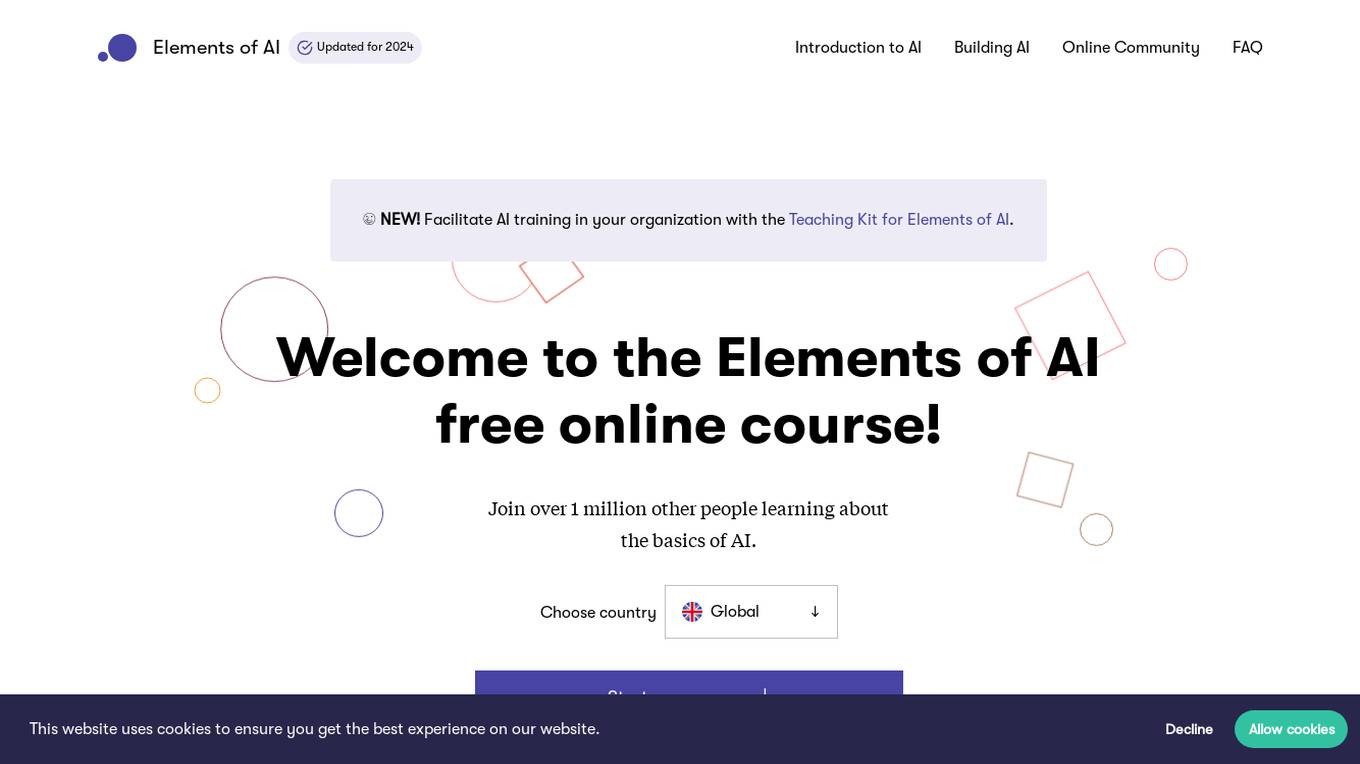
Elements of AI
Elements of AI is a free online educational platform that offers courses on artificial intelligence for non-experts. Created by MinnaLearn and the University of Helsinki, the platform aims to demystify AI by providing theory, practical exercises, and a comprehensive understanding of AI concepts. With over 1 million students from 170 countries, the courses cover topics like Introduction to AI and Building AI, encouraging a broad audience to learn about AI's impact on society and how to create AI methods.

Northwestern Now
Northwestern Now is the official news source for Northwestern University. It provides coverage of the University's people, programs, and research. The website includes stories on a wide range of topics, including science and technology, culture and politics, health and medicine, and campus and community life. Northwestern Now also features expert viewpoints, student voices, and announcements and news.

Visual Computing & Artificial Intelligence Lab at TUM
The Visual Computing & Artificial Intelligence Lab at TUM is a group of research enthusiasts advancing cutting-edge research at the intersection of computer vision, computer graphics, and artificial intelligence. Our research mission is to obtain highly-realistic digital replica of the real world, which include representations of detailed 3D geometries, surface textures, and material definitions of both static and dynamic scene environments. In our research, we heavily build on advances in modern machine learning, and develop novel methods that enable us to learn strong priors to fuel 3D reconstruction techniques. Ultimately, we aim to obtain holographic representations that are visually indistinguishable from the real world, ideally captured from a simple webcam or mobile phone. We believe this is a critical component in facilitating immersive augmented and virtual reality applications, and will have a substantial positive impact in modern digital societies.
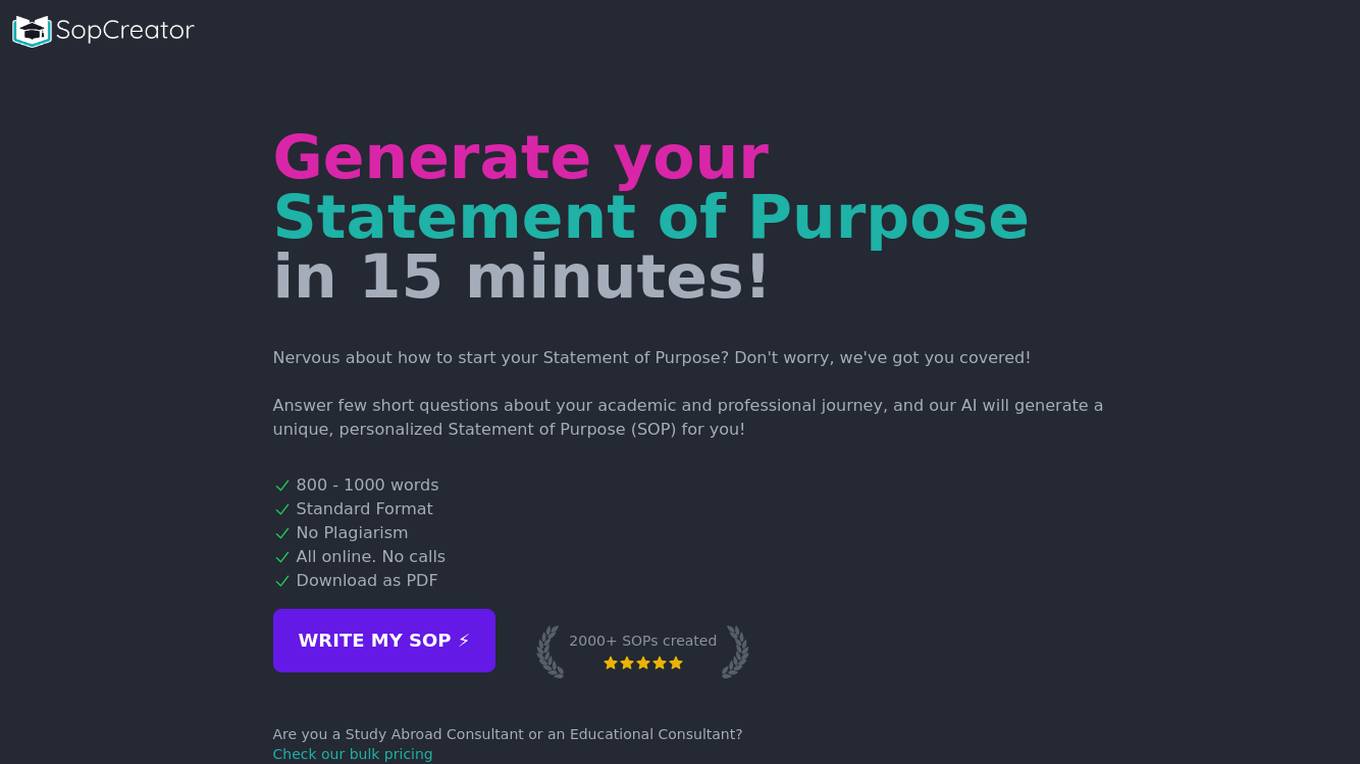
SopCreator.com
SopCreator.com is an AI-powered tool designed to help users generate personalized Statements of Purpose (SOP) for university applications. By answering a few questions about their academic and professional journey, users can create a unique SOP in just 15 minutes. The tool follows a standard format of 800-1000 words, ensuring no plagiarism and offering the option to download the SOP as a PDF. SopCreator.com simplifies the SOP writing process by providing tailored paragraphs covering introduction, academic history, work experience, extracurricular activities, university fit, and conclusion.
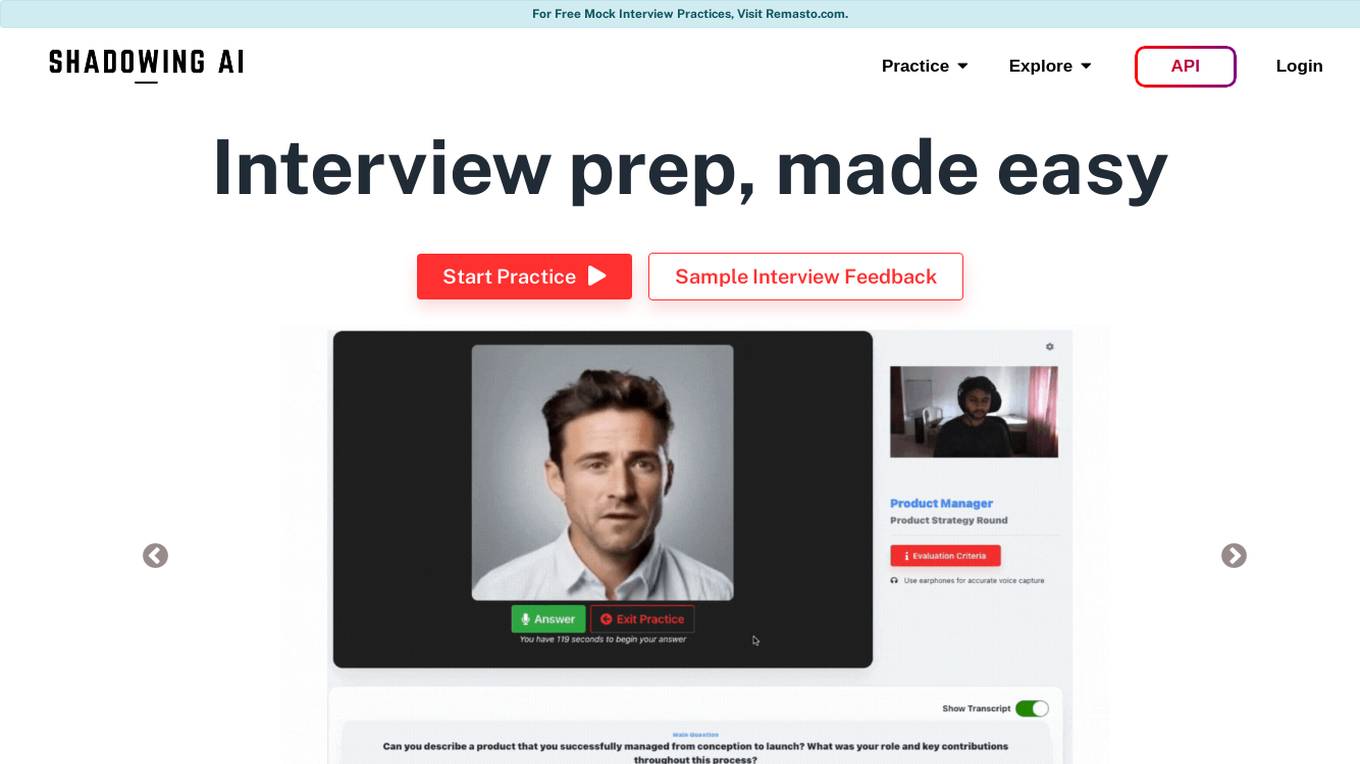
Shadowing AI
Shadowing AI is an interview practice platform that provides users with continuous feedback. It is designed to help individuals improve their interview skills by simulating real interview scenarios and offering personalized feedback. By using this platform, users can practice answering common interview questions, receive feedback on their responses, and enhance their overall interview performance. Shadowing AI aims to boost users' confidence and readiness for job interviews through its interactive and user-friendly interface.
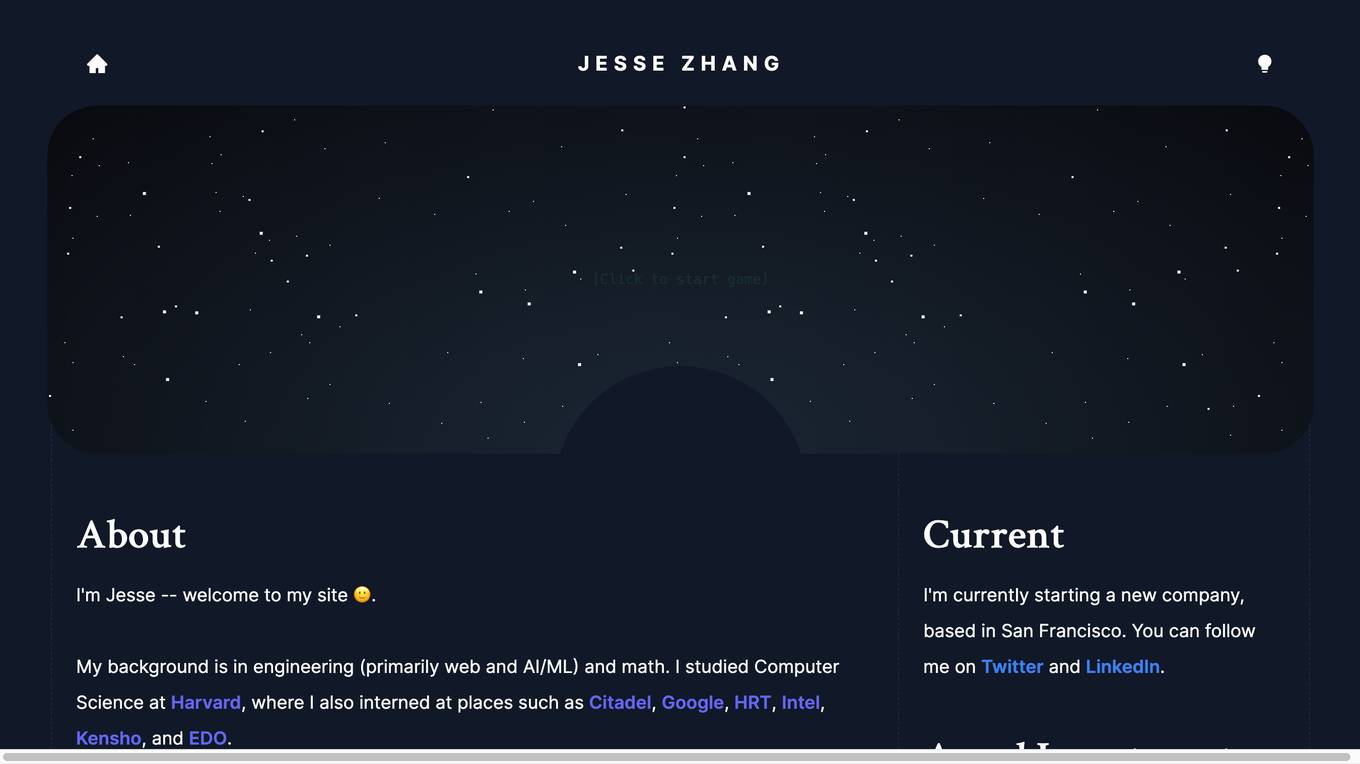
JesseZhang.org
Jesse Zhang's personal website showcases his background in engineering, particularly in web development, AI/ML, and mathematics. He highlights his education at Harvard University and internships at renowned companies like Citadel, Google, and Intel. Zhang also mentions his entrepreneurial ventures, including founding Lowkey, which was acquired by Niantic, and his current work on a new company. The website features various projects he has worked on, such as real-time multiplayer implementations of Camel Up and Bananagrams, a financial data visualization tool, and a demo of Zero-Knowledge proofs in the game Mastermind. Additionally, Zhang shares his interest in writing math contest problems and his involvement in angel investing through Sequoia Scouts and Neo.
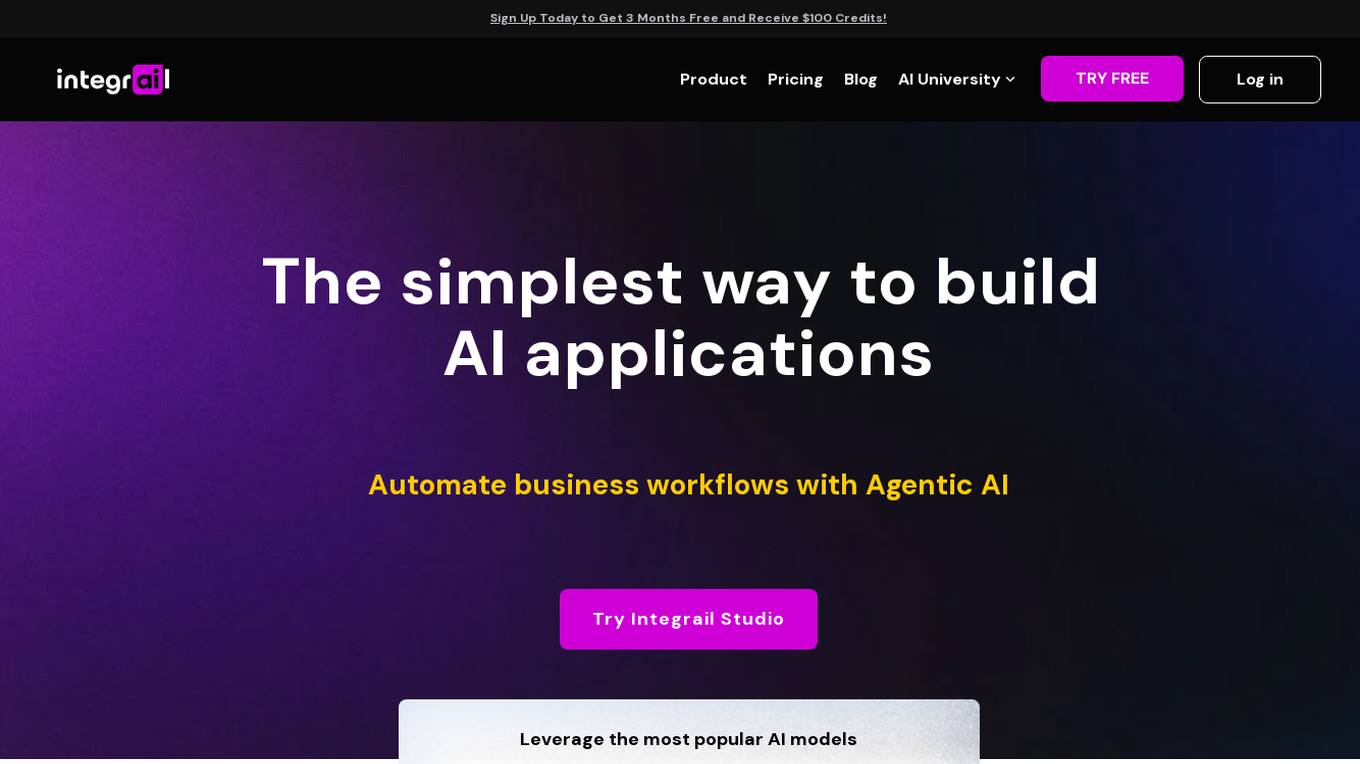
Integrail
Integrail is an AI tool that simplifies the process of building AI applications by allowing users to design and deploy multi-agent applications without the need for coding skills. It offers a range of features such as integrating external apps, optimizing cost and accuracy, and deploying applications securely in the cloud or on-premises. Integrail Studio provides access to popular AI models and enables users to transform business workflows efficiently.

Debate AI
Debate AI is an AI-powered platform designed to enhance users' critical thinking and argumentation skills. It provides insights, feedback, and personalized advice to help individuals master the art of debate. By leveraging AI technology, Debate AI offers a unique opportunity for users to engage in meaningful discussions, improve reasoning skills, and gain confidence in articulating ideas effectively. Whether you are a professional debater, university student, aspiring politician, high school debater, or public speaking coach, Debate AI aims to revolutionize the way you approach debates and communication.
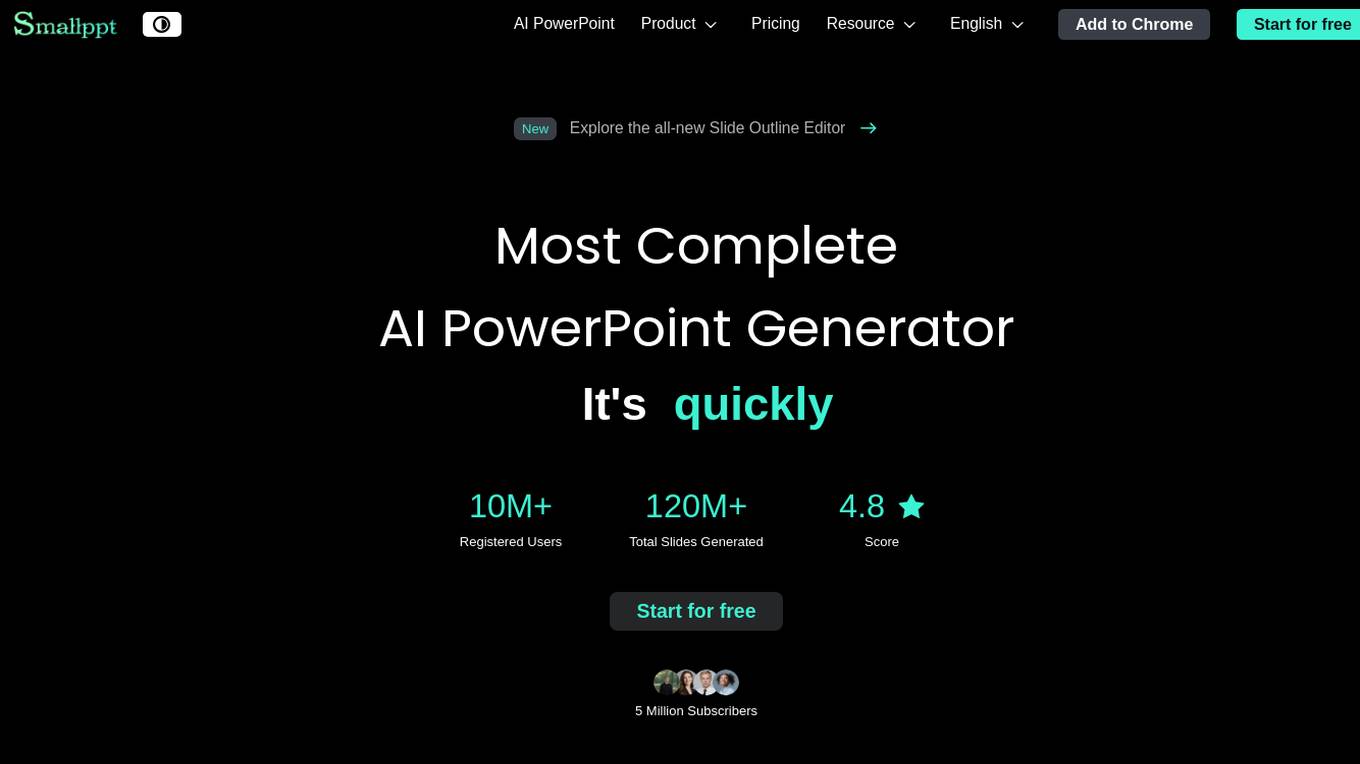
Smallppt
Smallppt is an AI-powered PowerPoint generator and slideshow maker application available for Windows, Mac, Chrome, and iOS. It offers a wide range of features such as converting text to slides, files to slides, links to slides, and audio to slides. Users can also benefit from AI writing tools like AI Writer and AI Rewriter to improve, rewrite, and shorten content. Additionally, the application provides tools for PDF manipulation, summarization, chat, and mind mapping. Smallppt caters to various industries and purposes with its multi-purpose templates and tools.
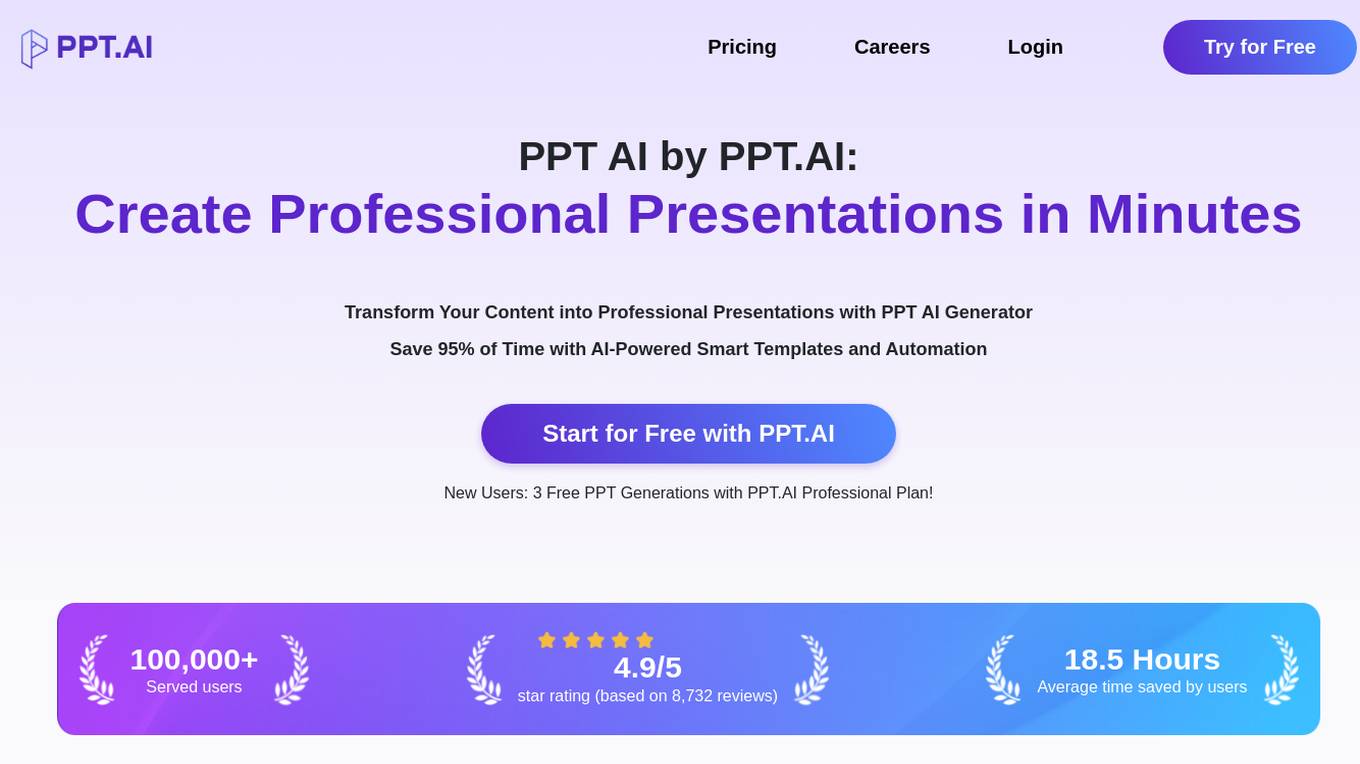
PPT AI
PPT AI is an AI-powered presentation maker that allows users to create professional presentations in minutes. The platform offers smart templates and automation to save time and enhance the quality of presentations. Users can upload any document and let PPT AI generate a complete presentation with intelligent content analysis and automated formatting. PPT AI also provides access to a premium template library and design intelligence for optimized visual elements and content arrangement.
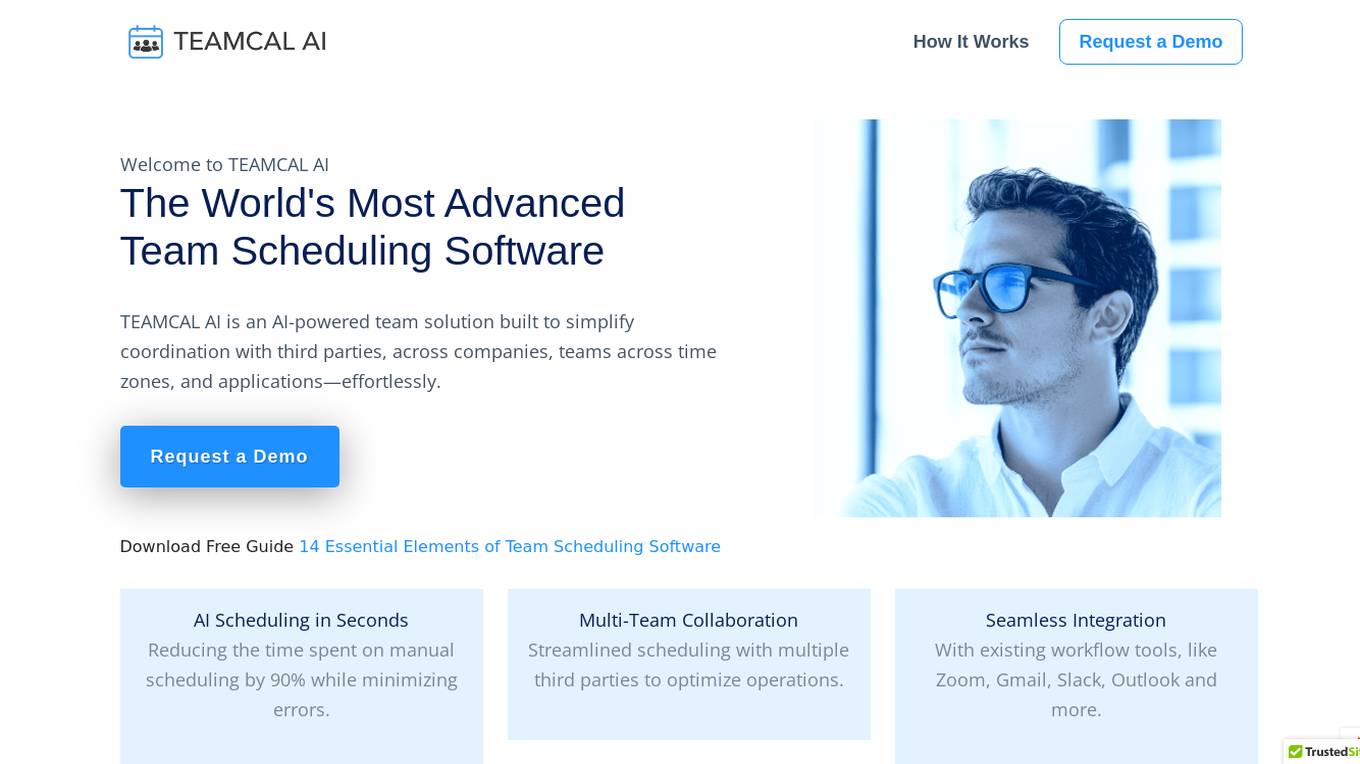
TEAMCAL AI
TEAMCAL AI is the world's most advanced team scheduling software powered by AI. It simplifies coordination with third parties, across companies, teams across time zones, and applications effortlessly. The application offers features like AI scheduling in seconds, multi-team collaboration, seamless integration with existing workflow tools, and integrated solutions designed for specific business use cases. With various pricing plans catering to different business needs, TEAMCAL AI aims to optimize team scheduling, reduce manual errors, and enhance productivity.
0 - Open Source Tools
20 - OpenAI Gpts
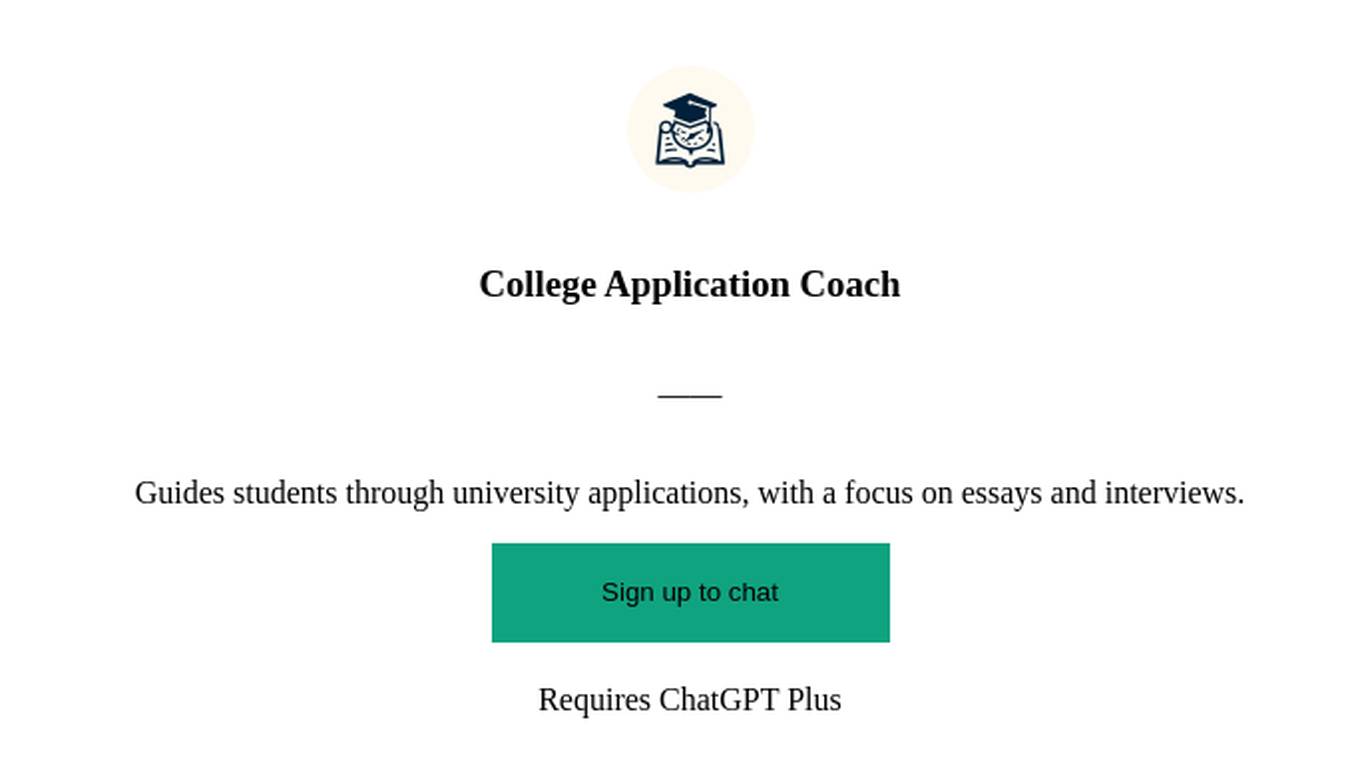
College Application Coach
Guides students through university applications, with a focus on essays and interviews.
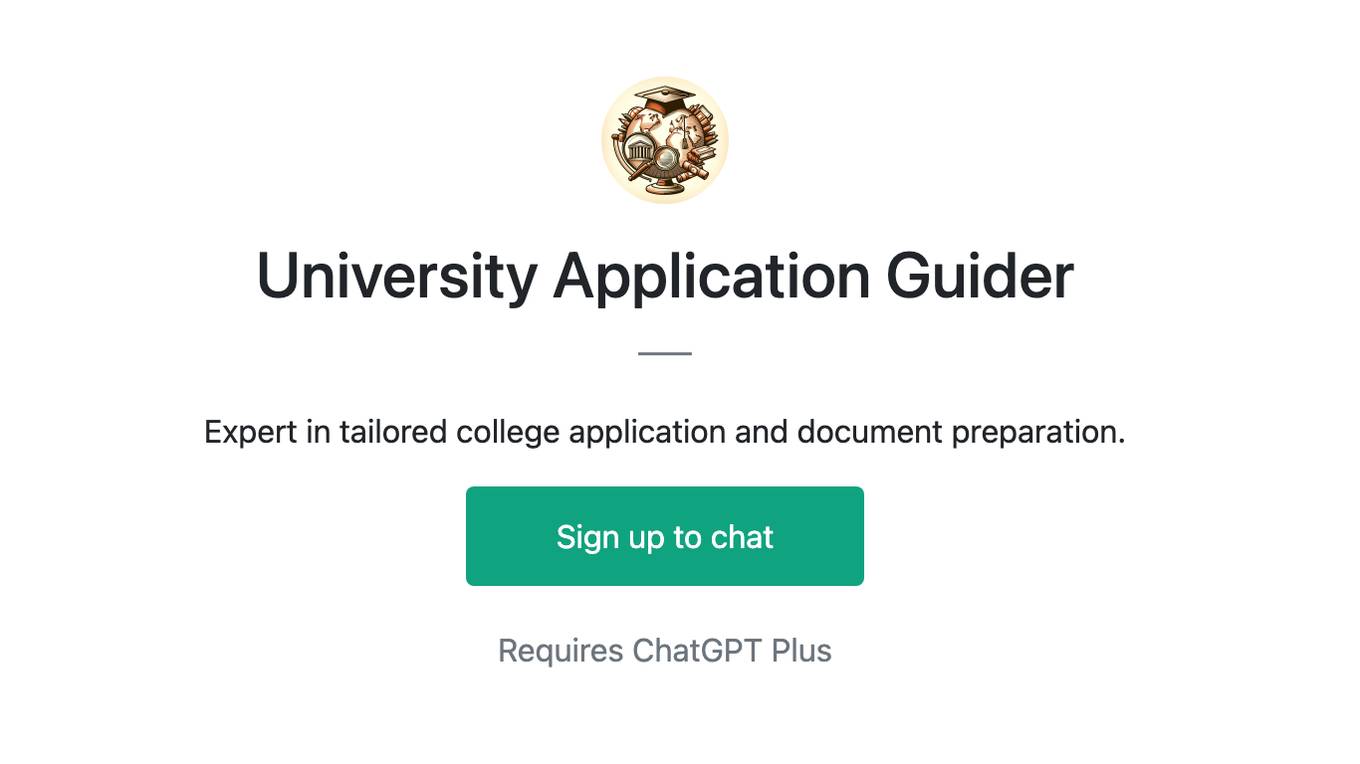
University Application Guider
Expert in tailored college application and document preparation.
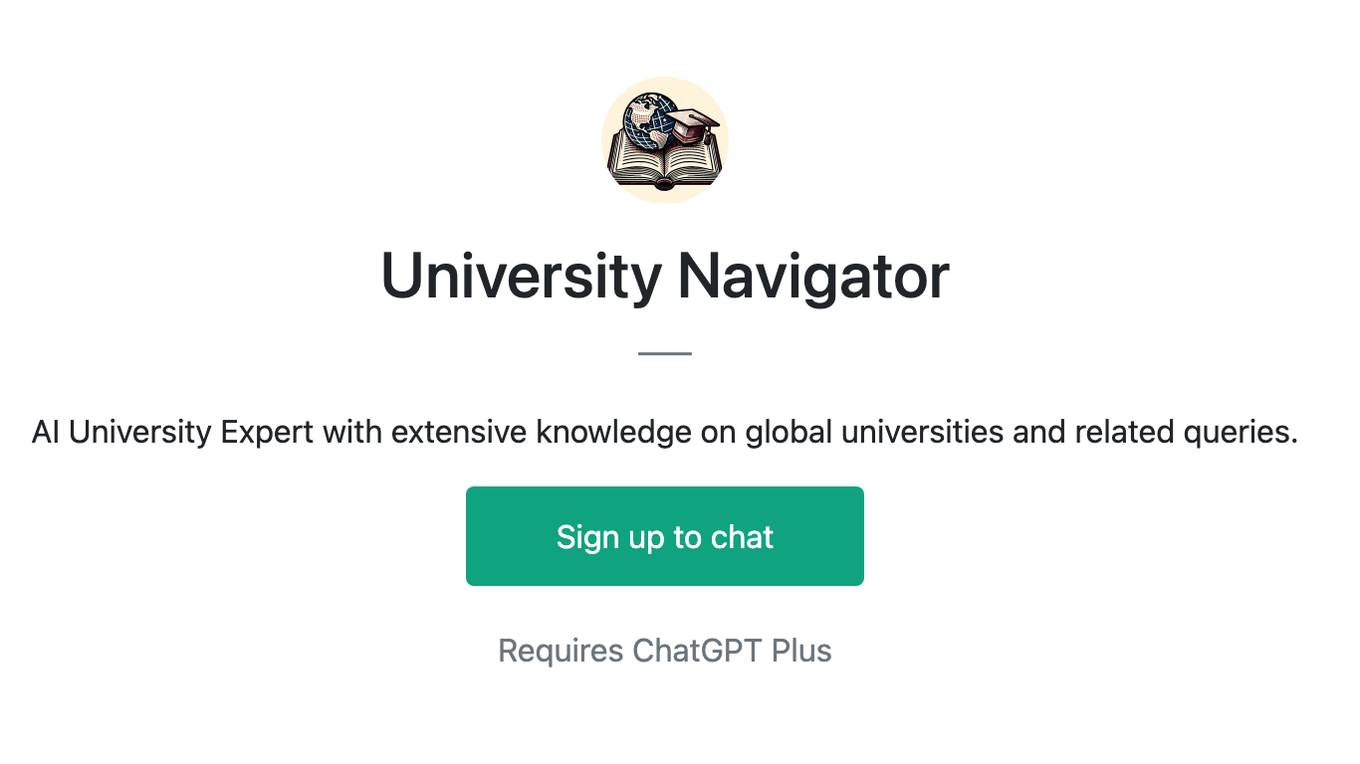
University Navigator
AI University Expert with extensive knowledge on global universities and related queries.
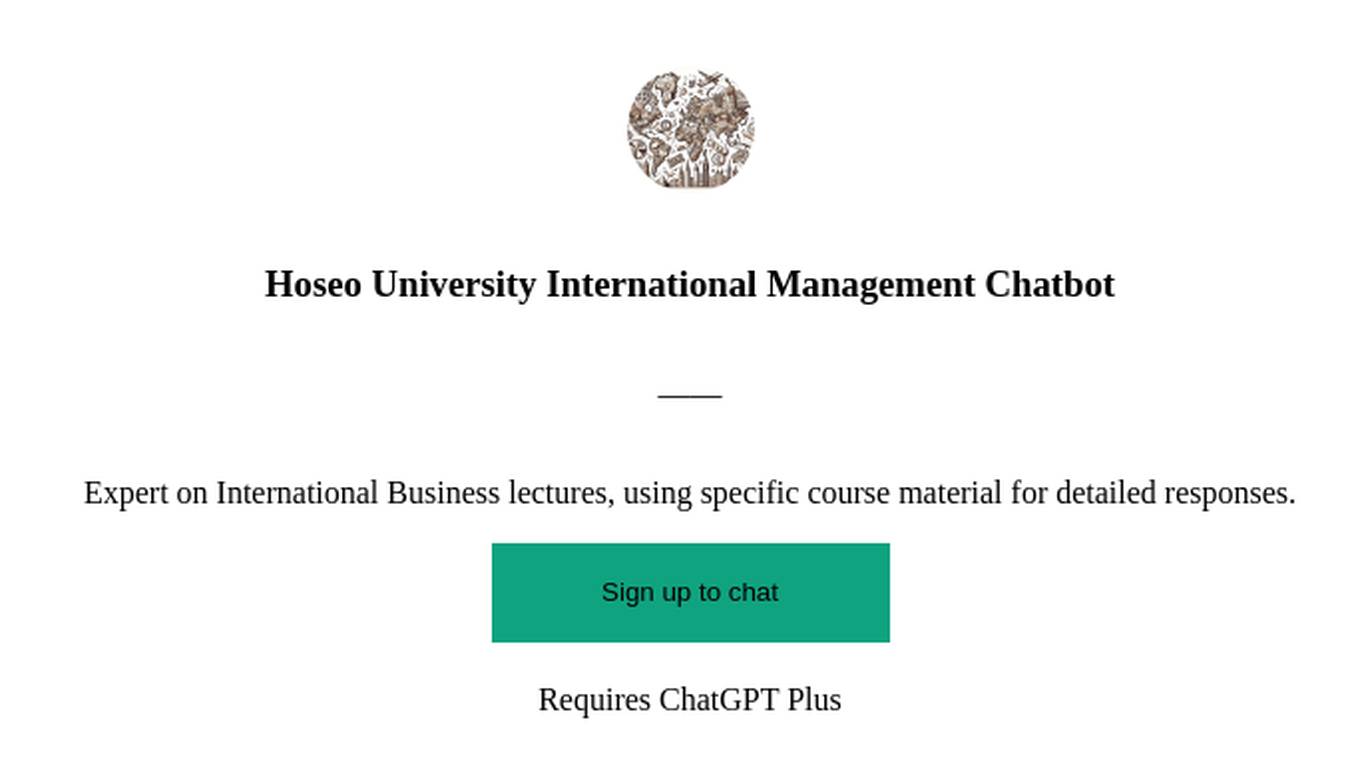
Hoseo University International Management Chatbot
Expert on International Business lectures, using specific course material for detailed responses.
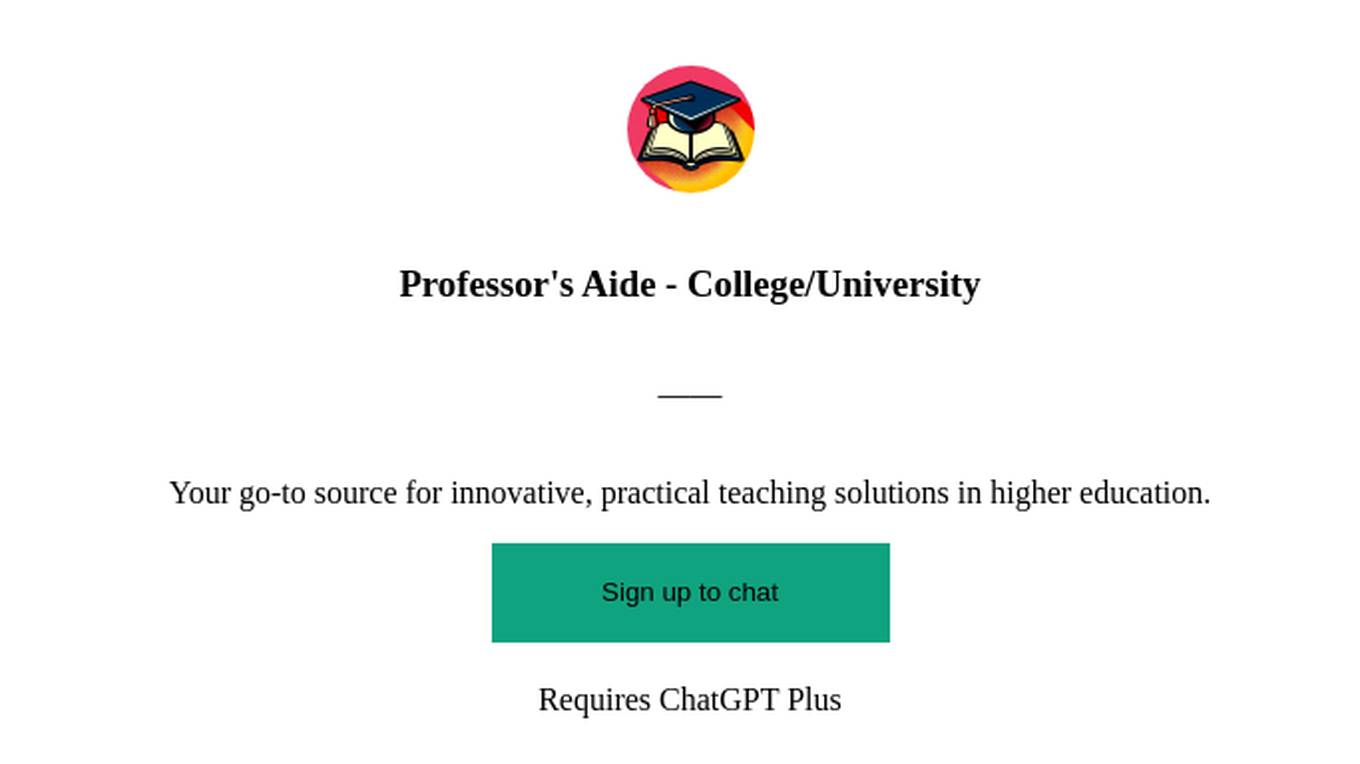
Professor's Aide - College/University
Your go-to source for innovative, practical teaching solutions in higher education.
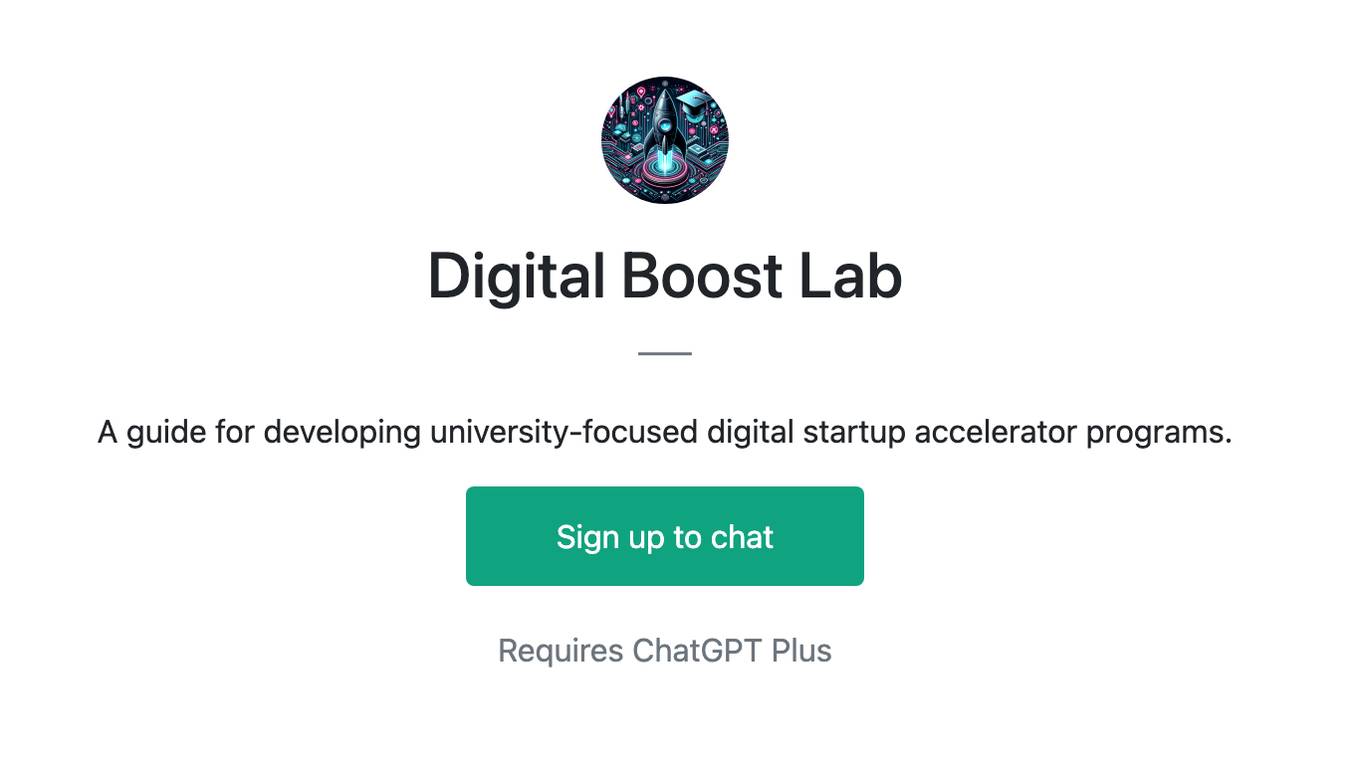
Digital Boost Lab
A guide for developing university-focused digital startup accelerator programs.
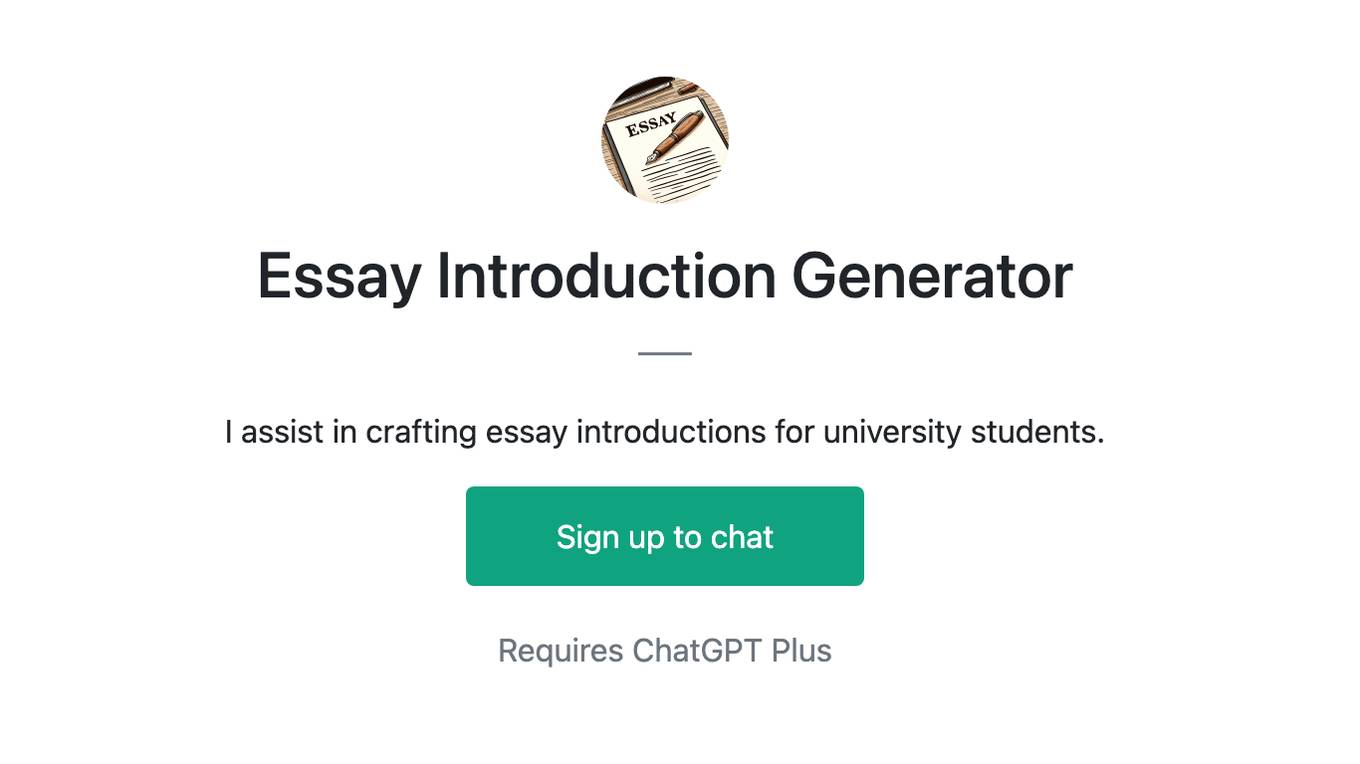
Essay Introduction Generator
I assist in crafting essay introductions for university students.
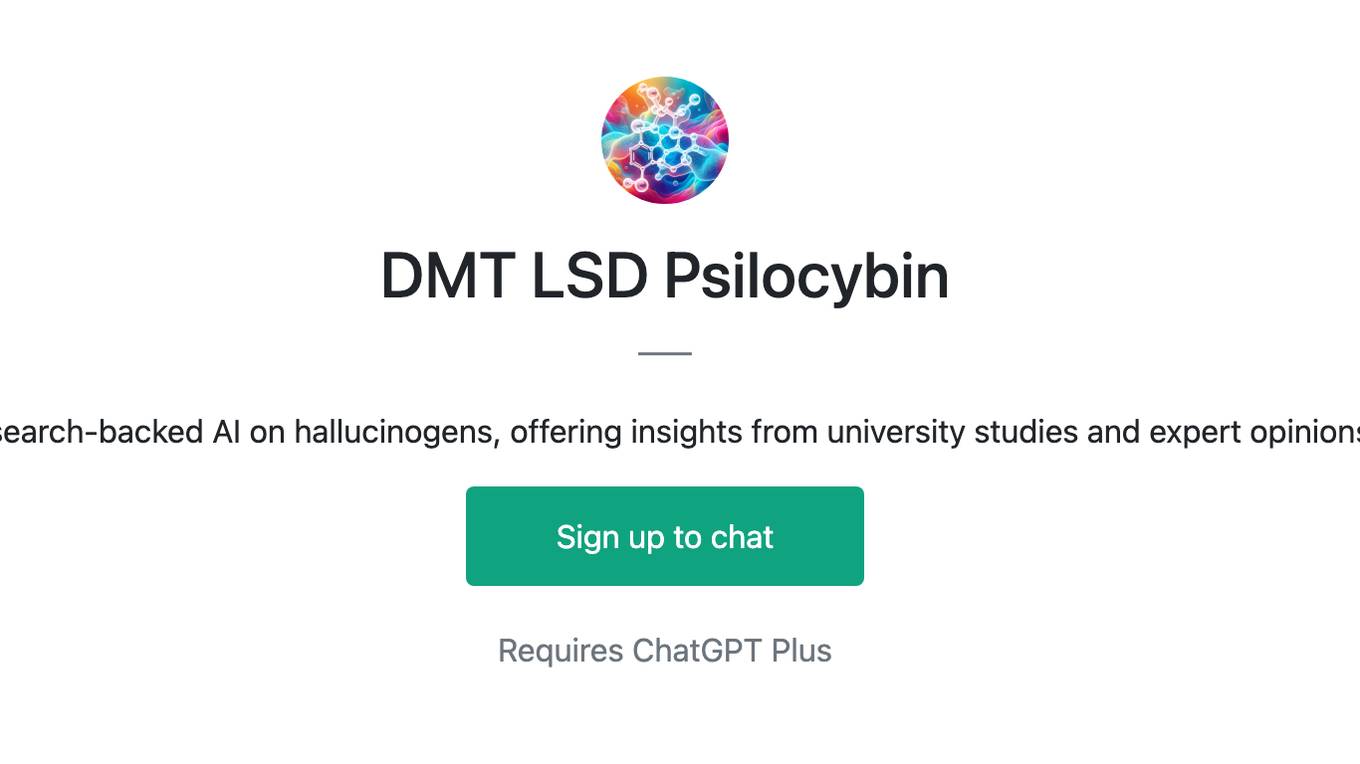
DMT LSD Psilocybin
Research-backed AI on hallucinogens, offering insights from university studies and expert opinions.
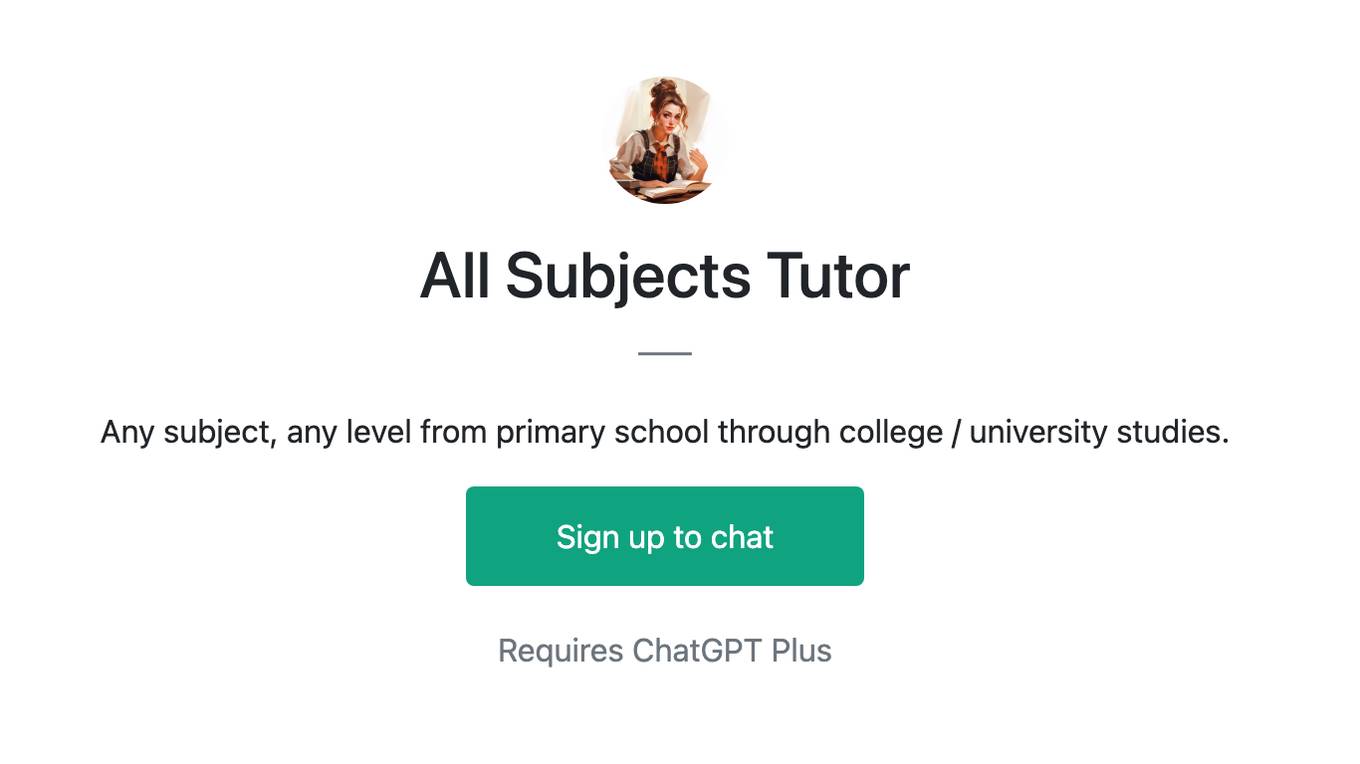
All Subjects Tutor
Any subject, any level from primary school through college / university studies.
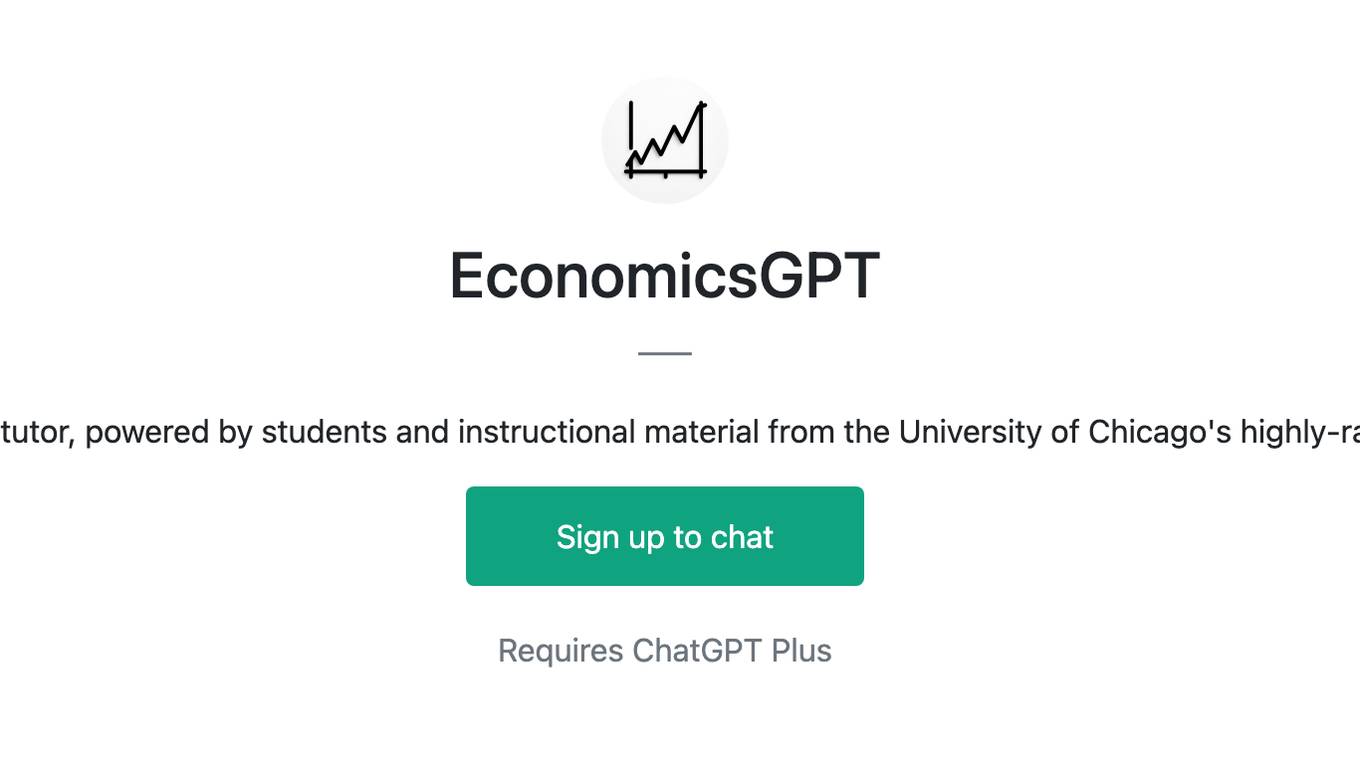
EconomicsGPT
Your world-class Economics tutor, powered by students and instructional material from the University of Chicago's highly-ranked Economics program.
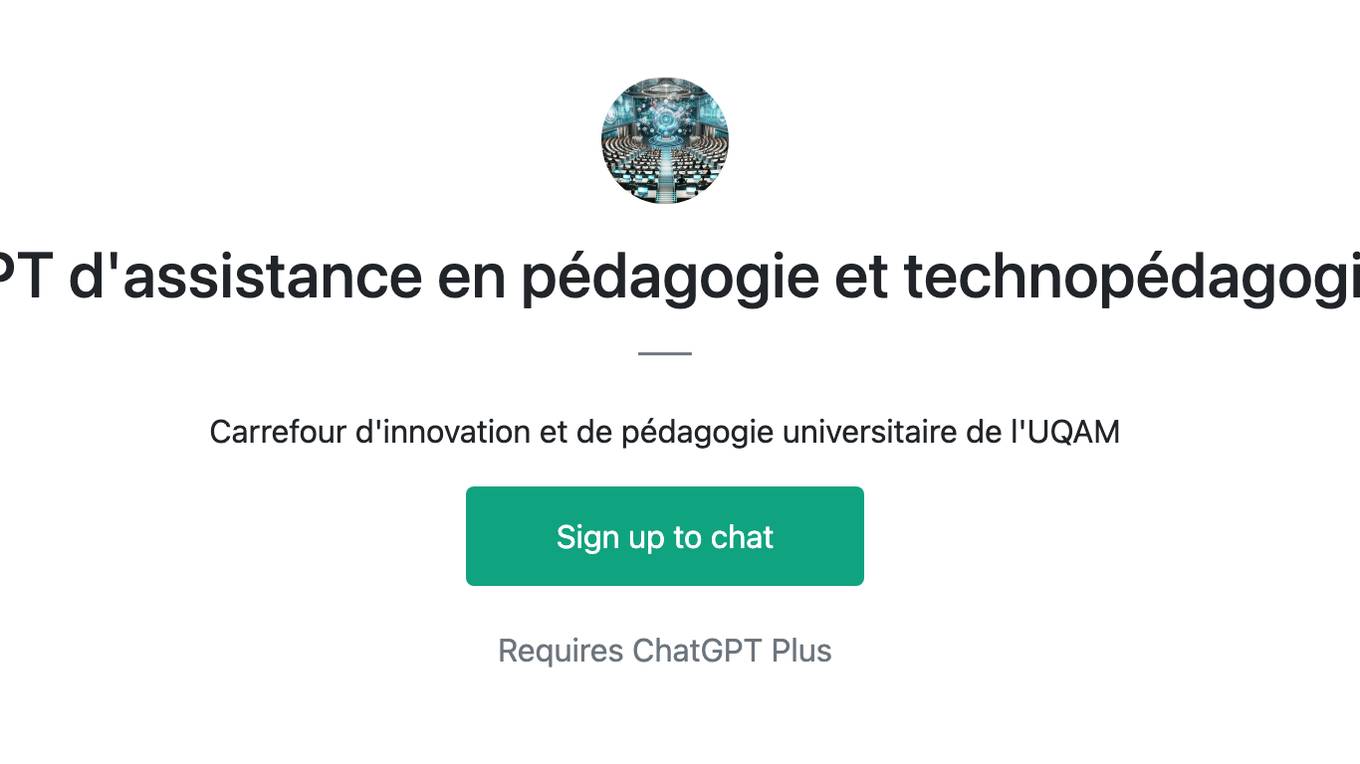
GPT d'assistance en pédagogie et technopédagogie
Carrefour d'innovation et de pédagogie universitaire de l'UQAM
